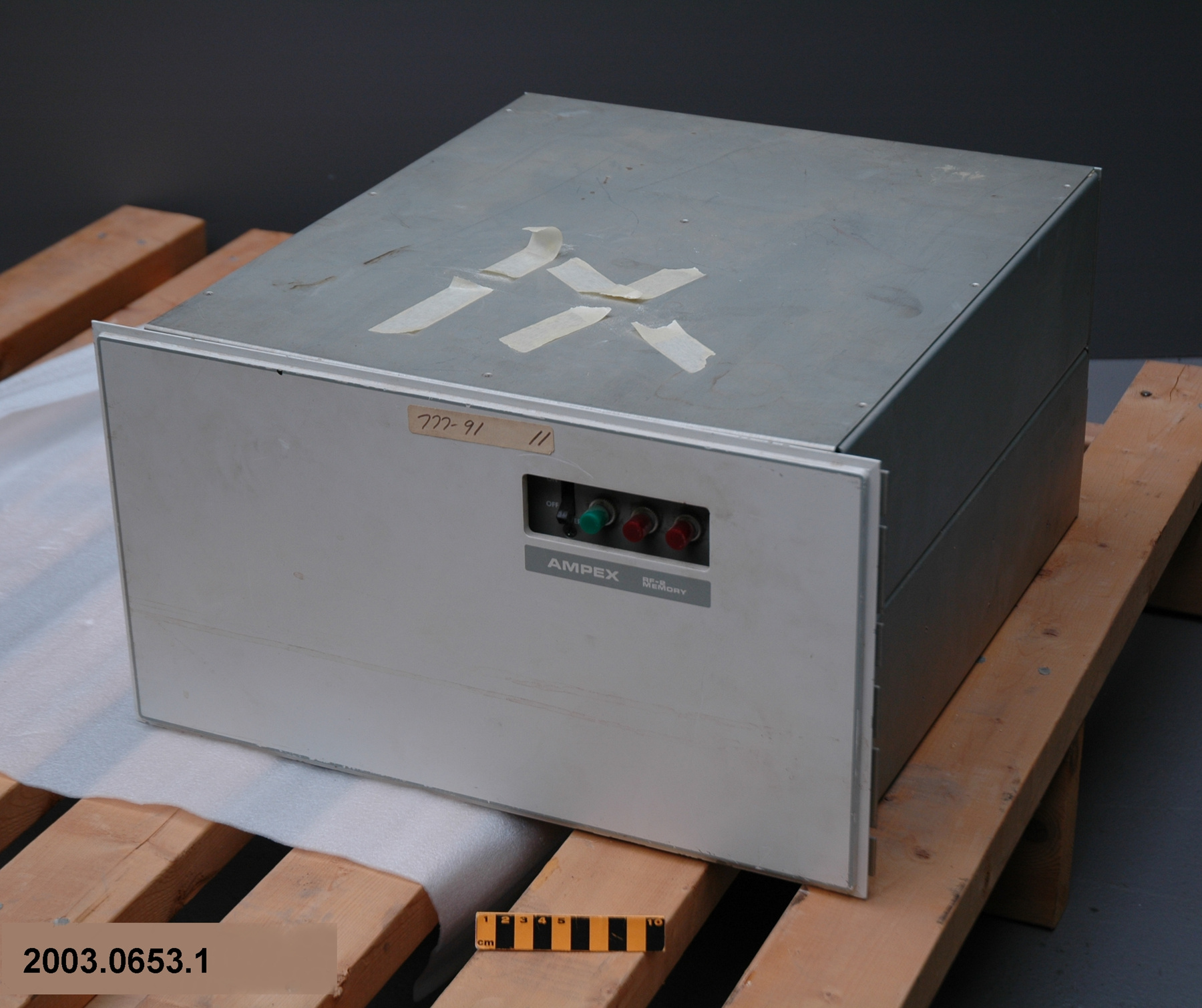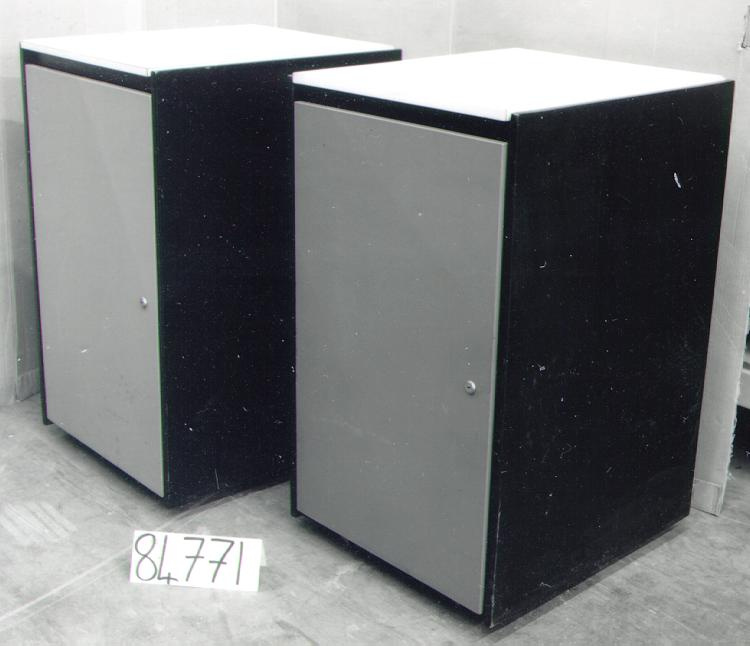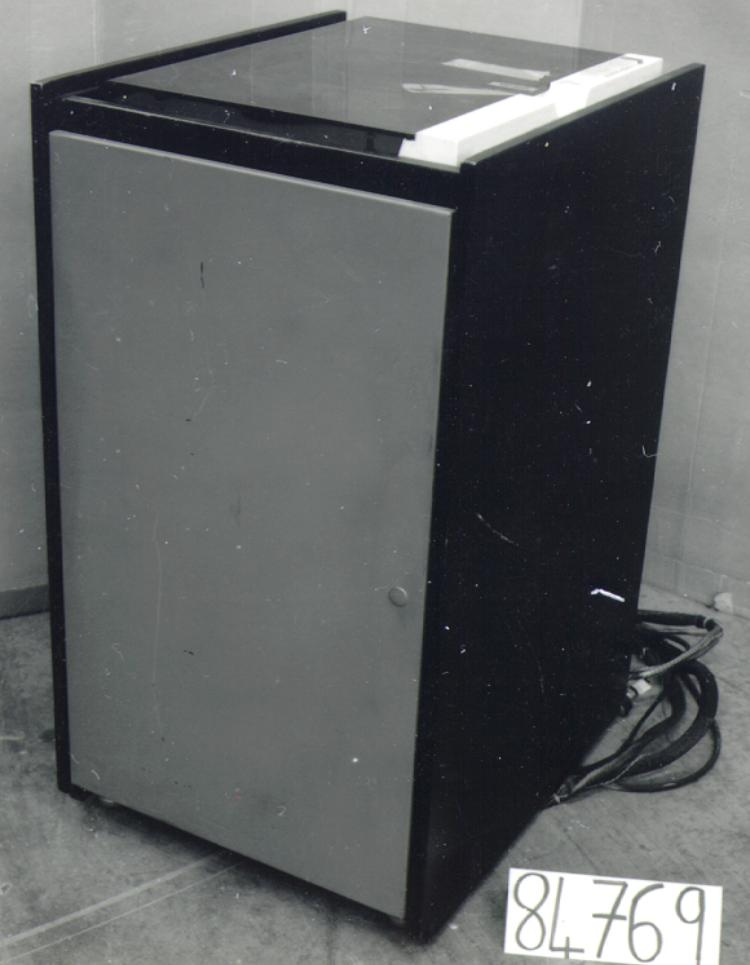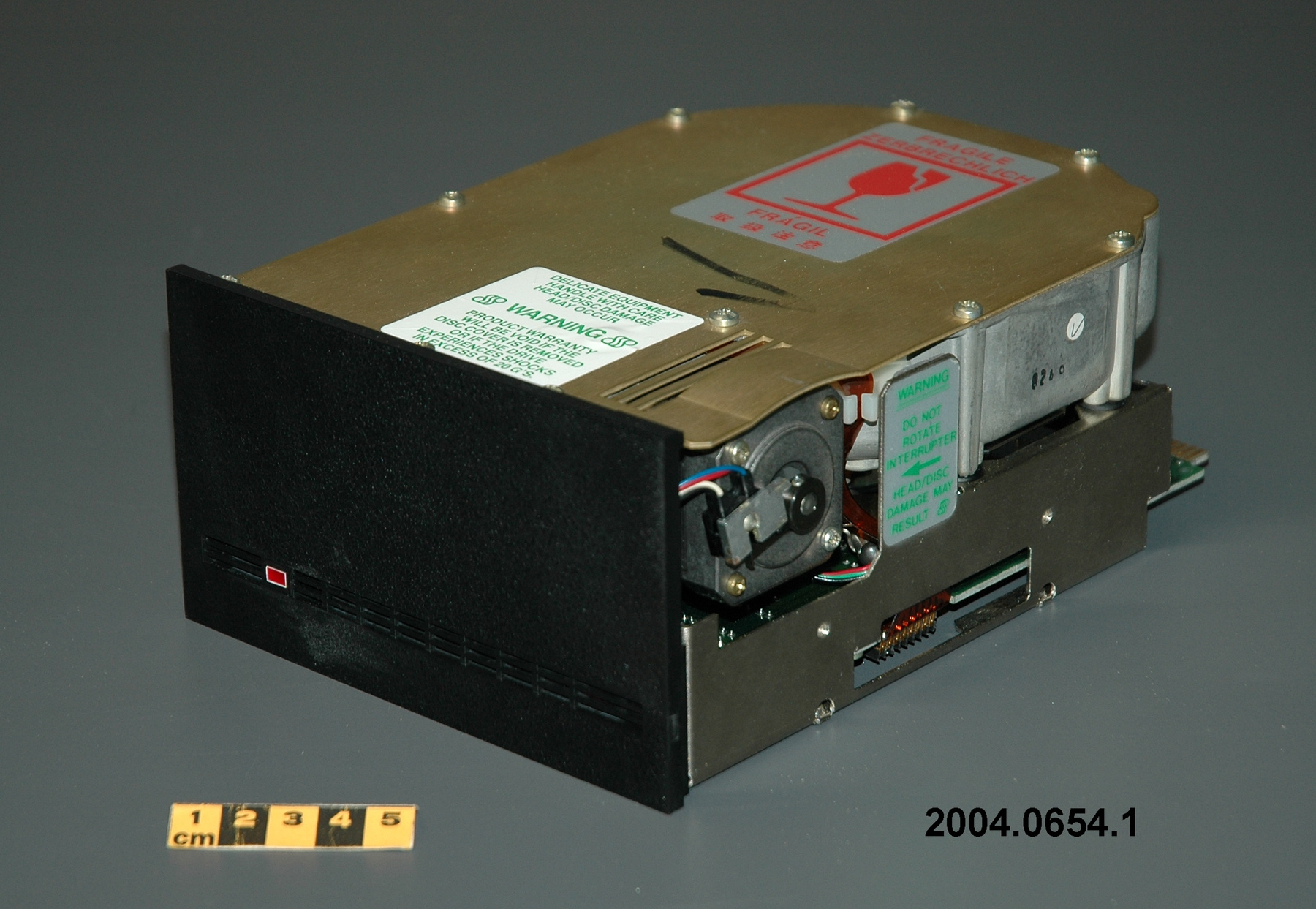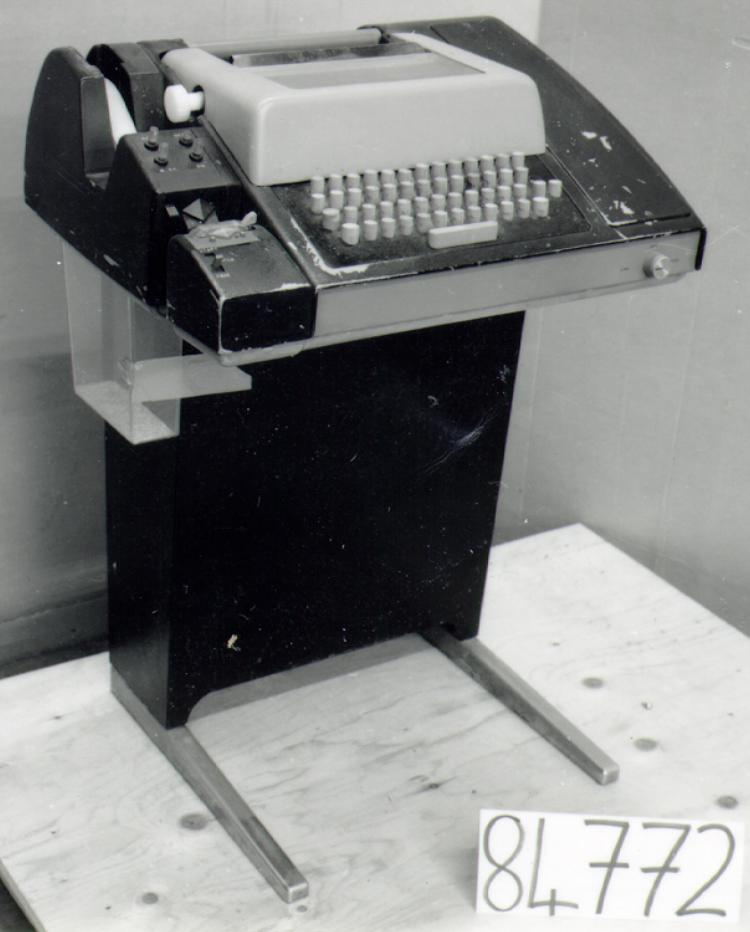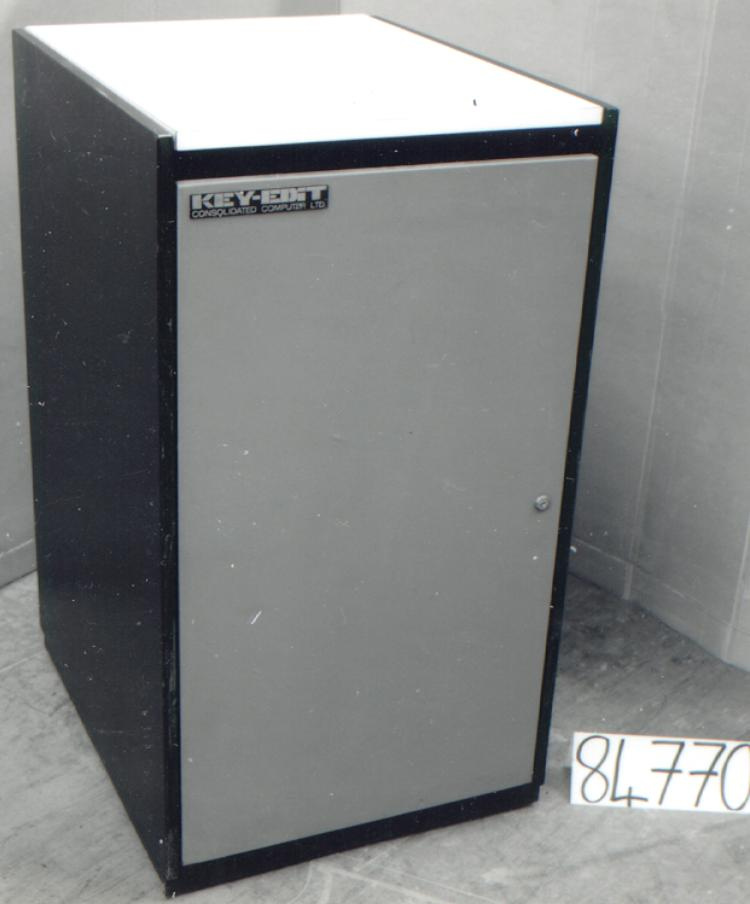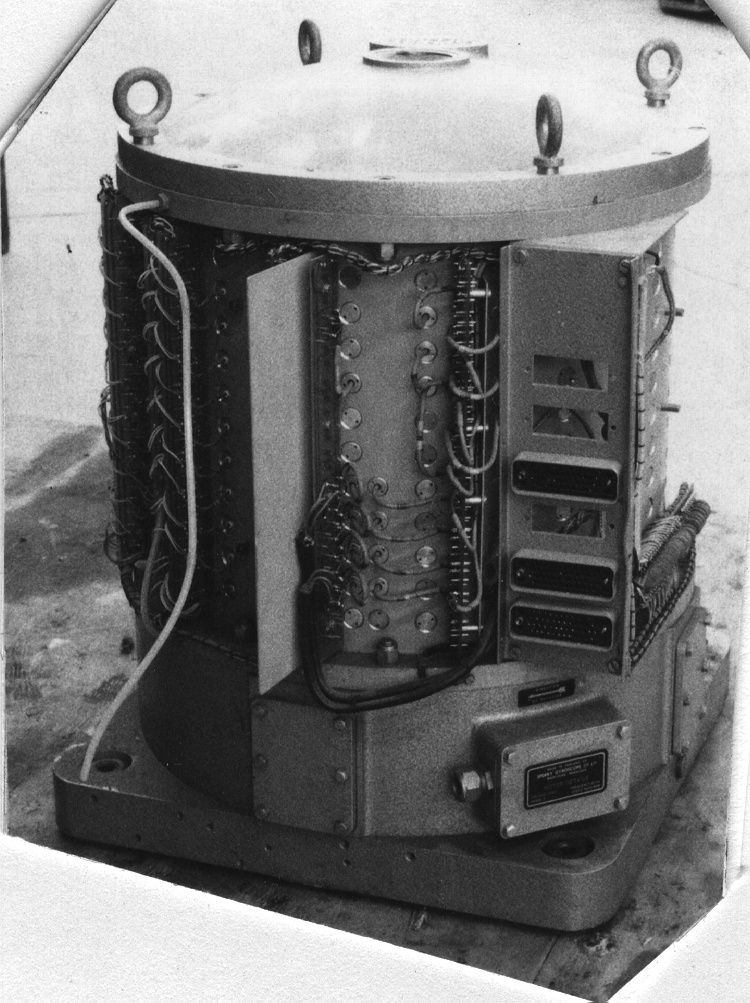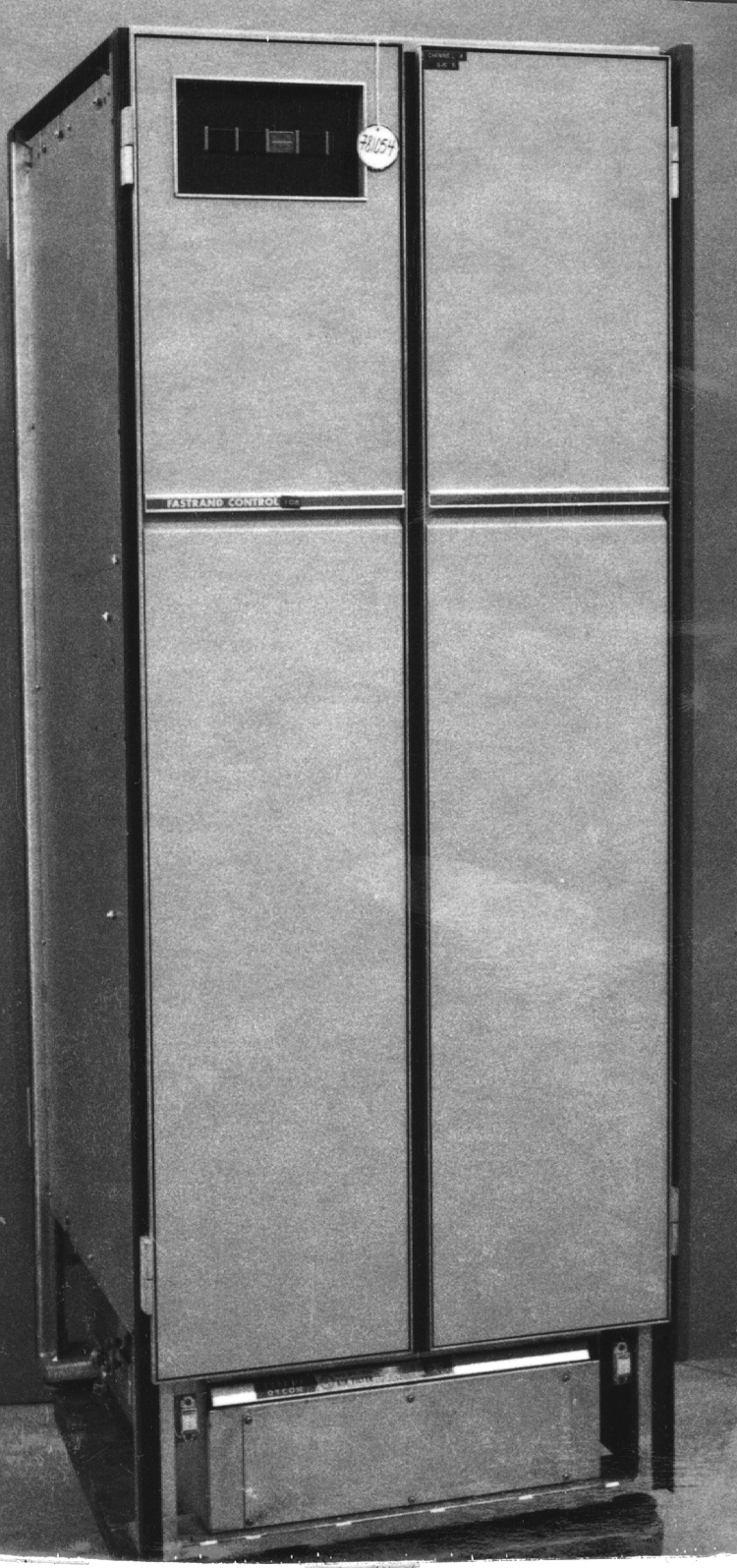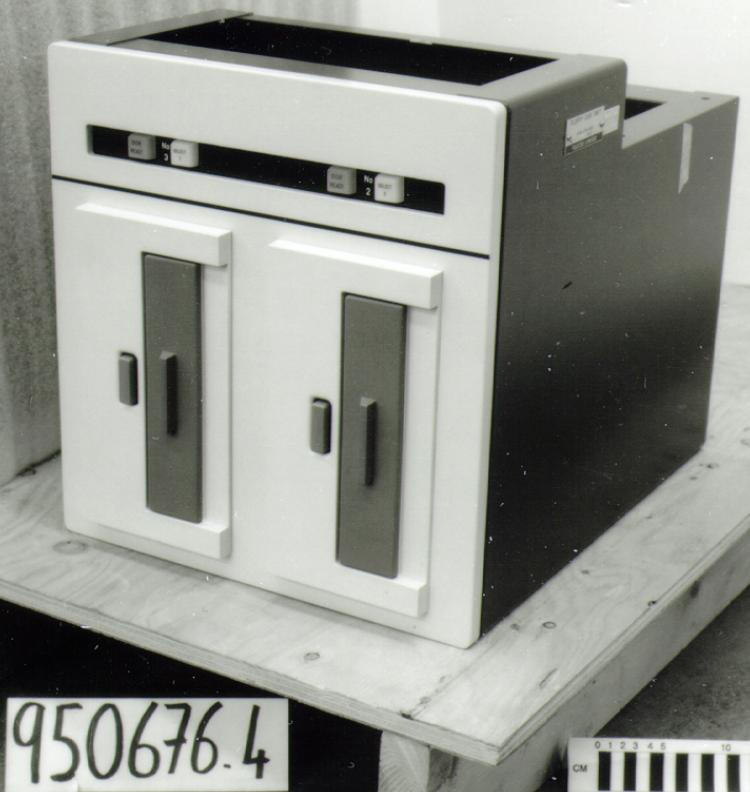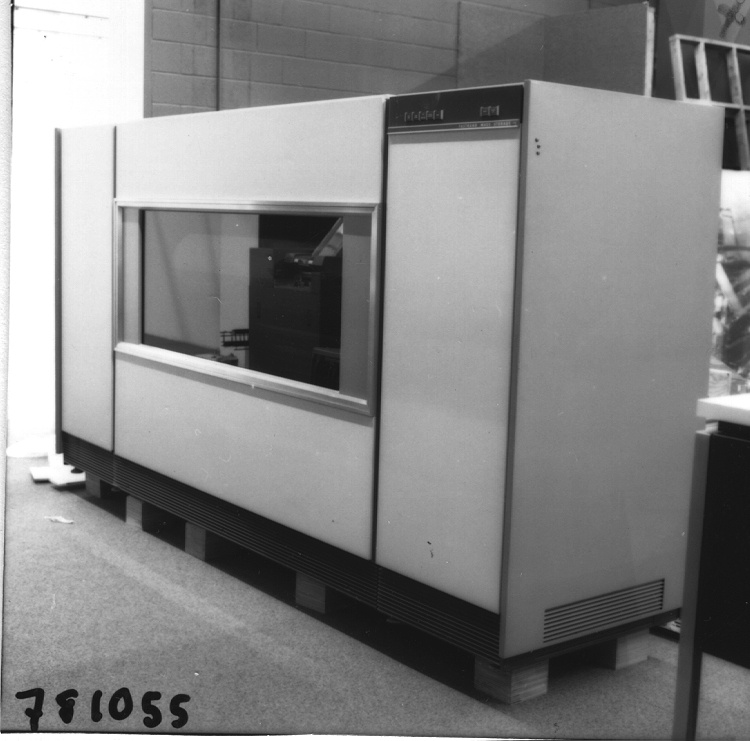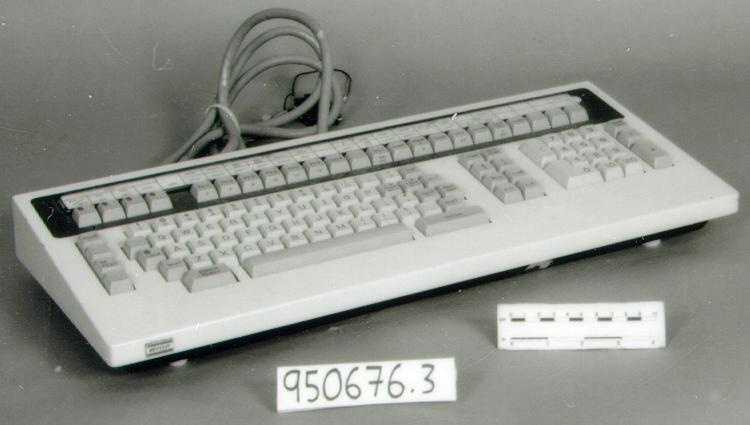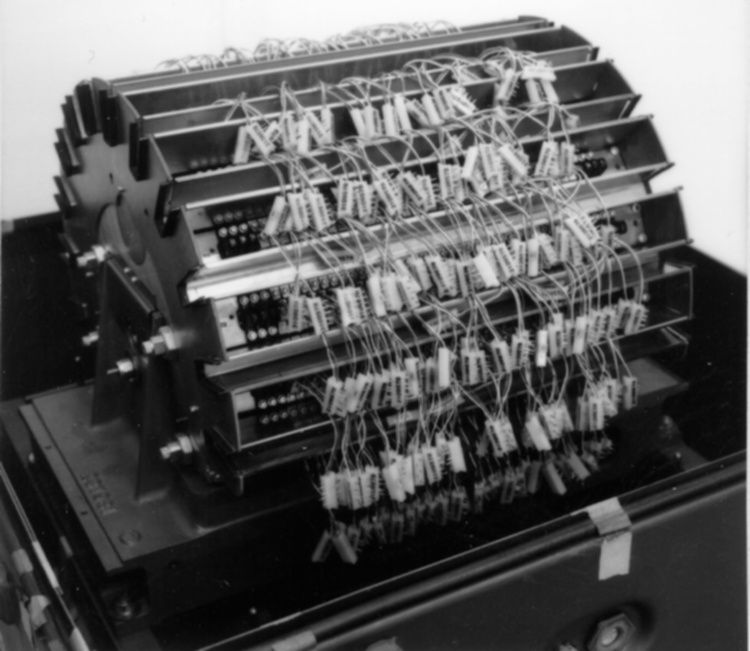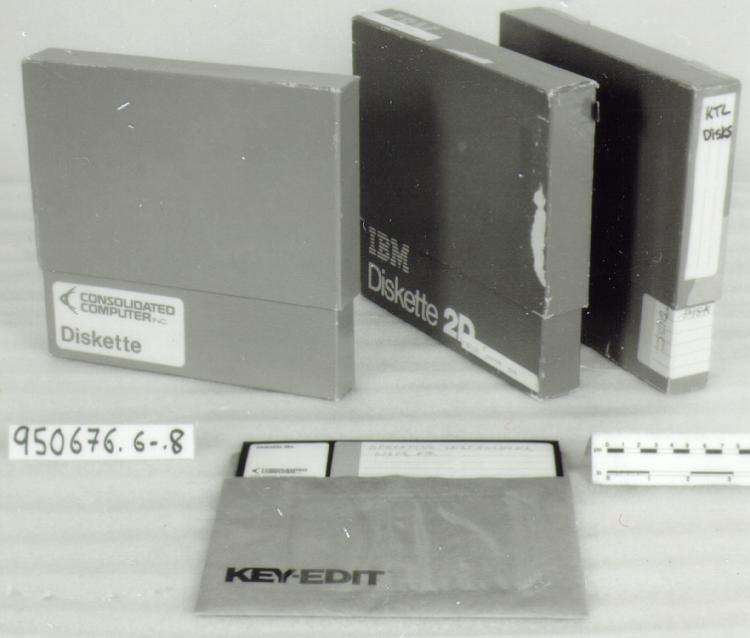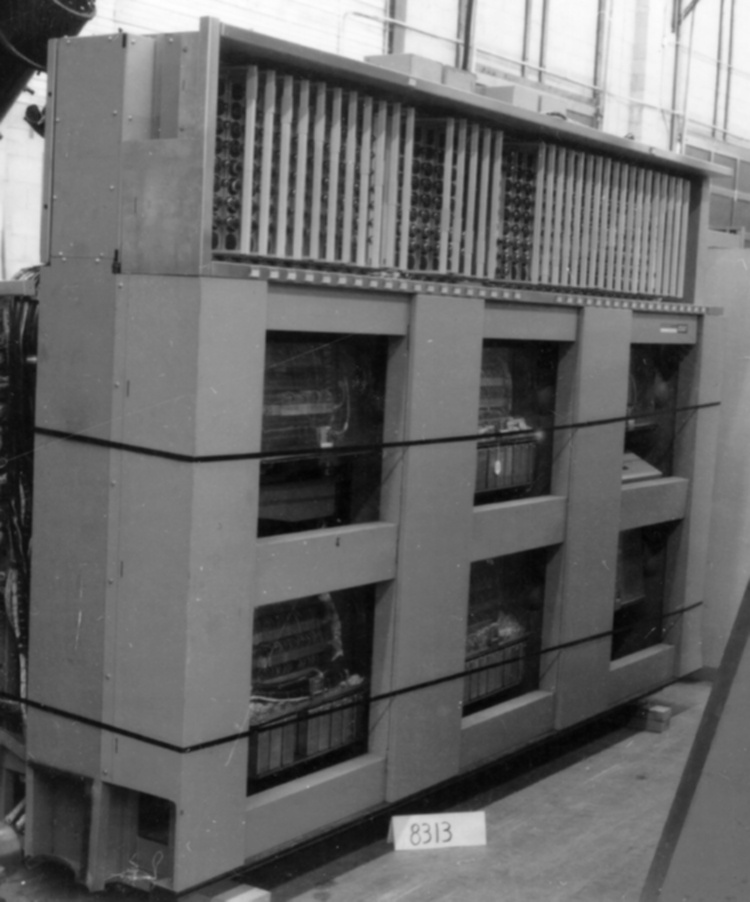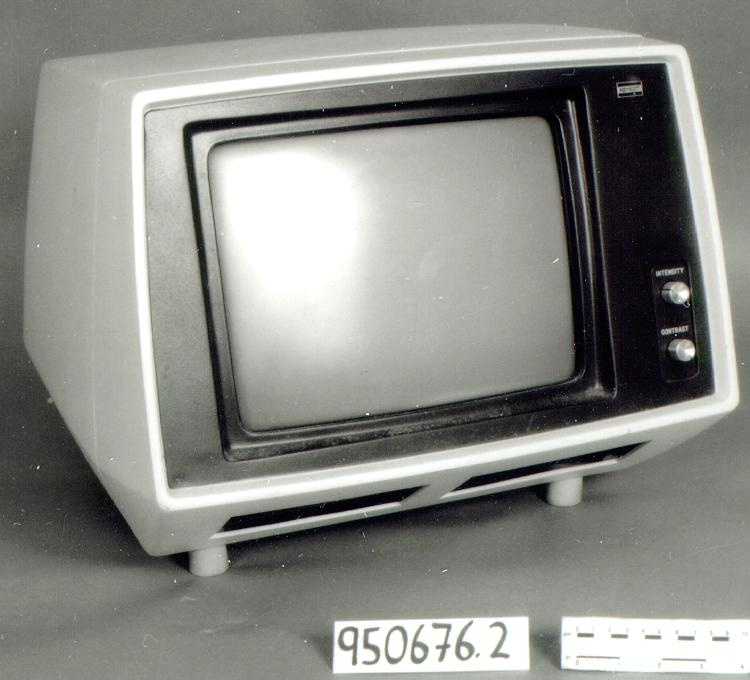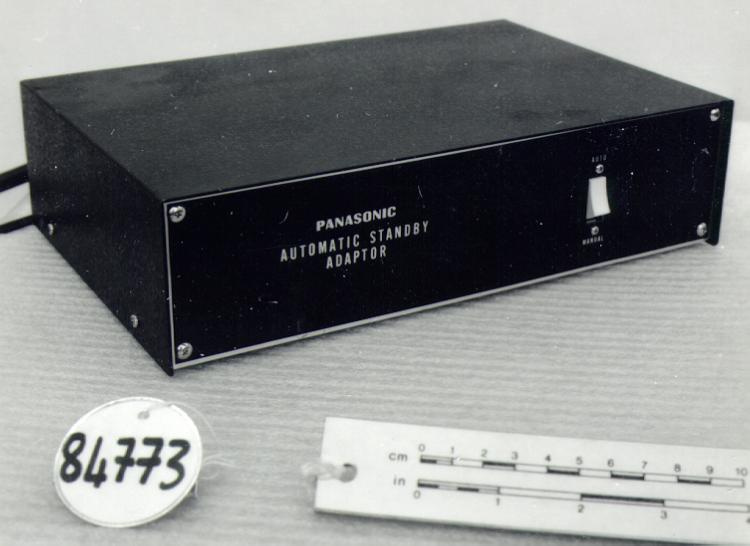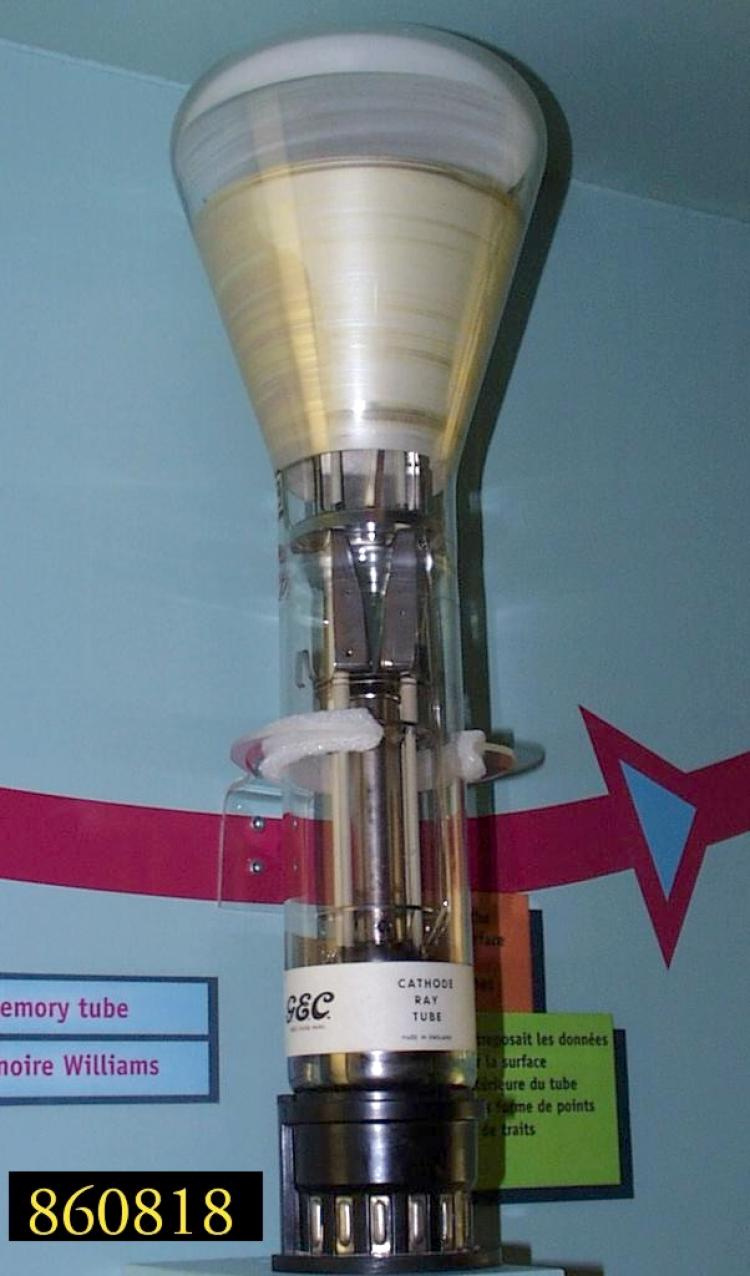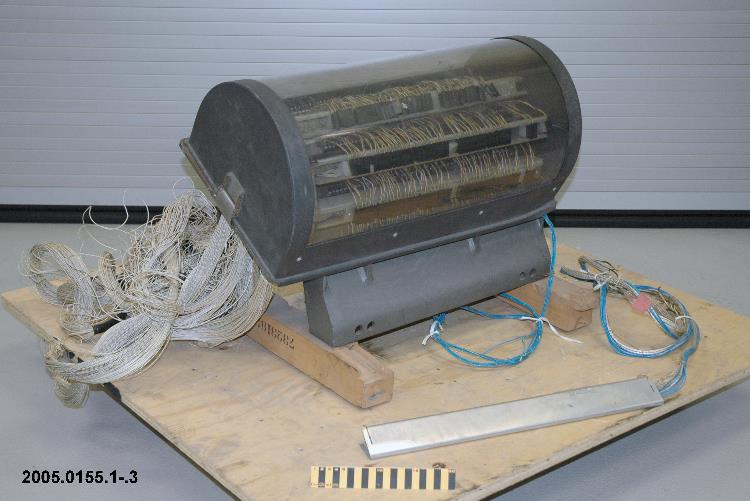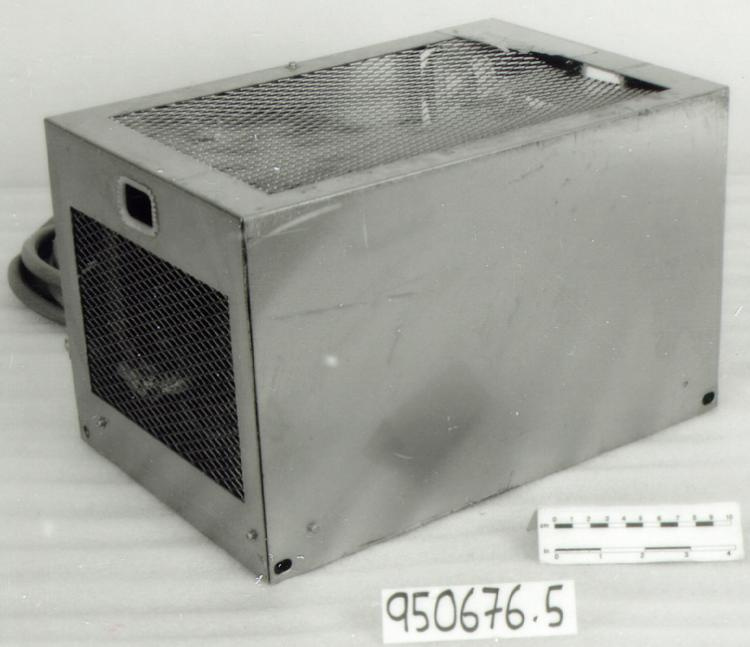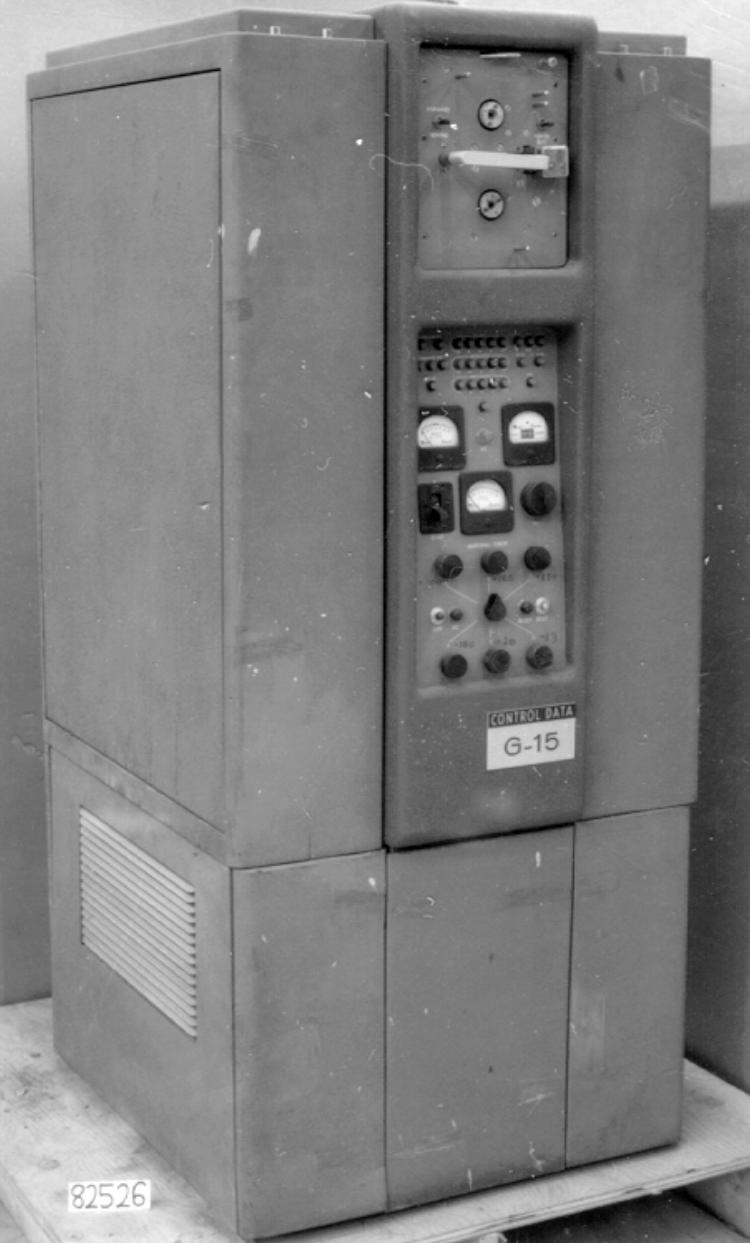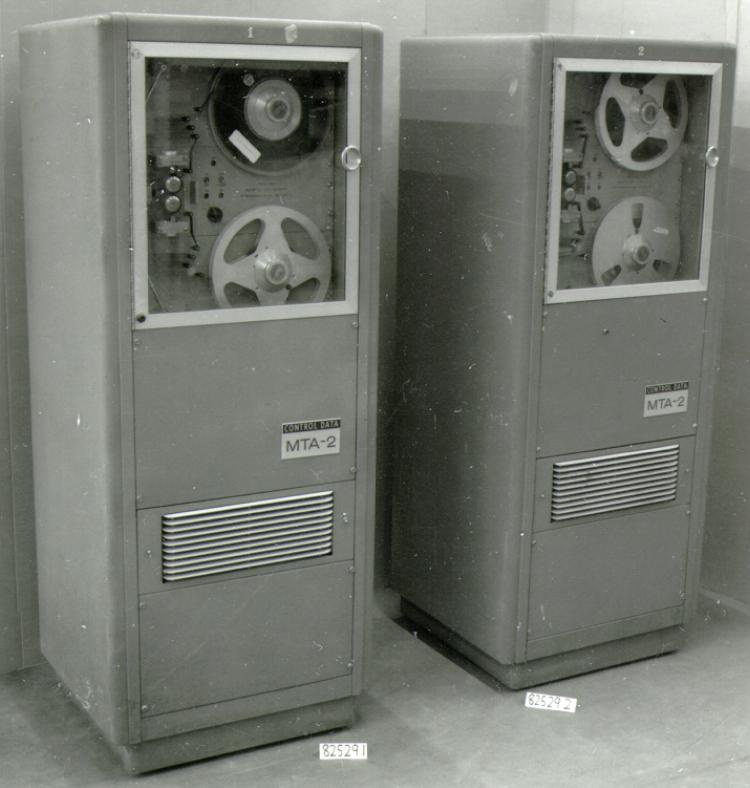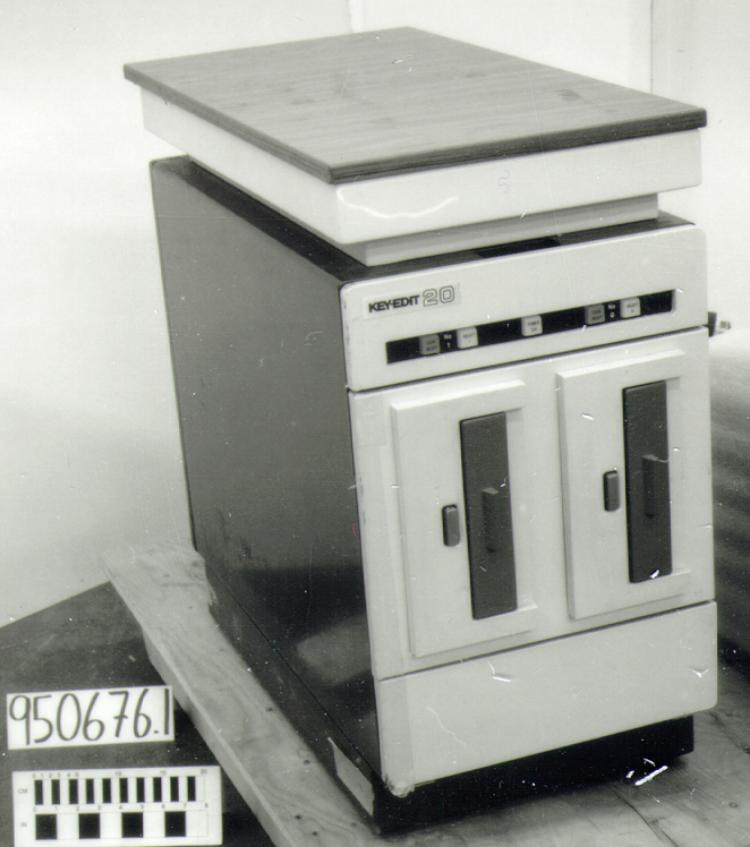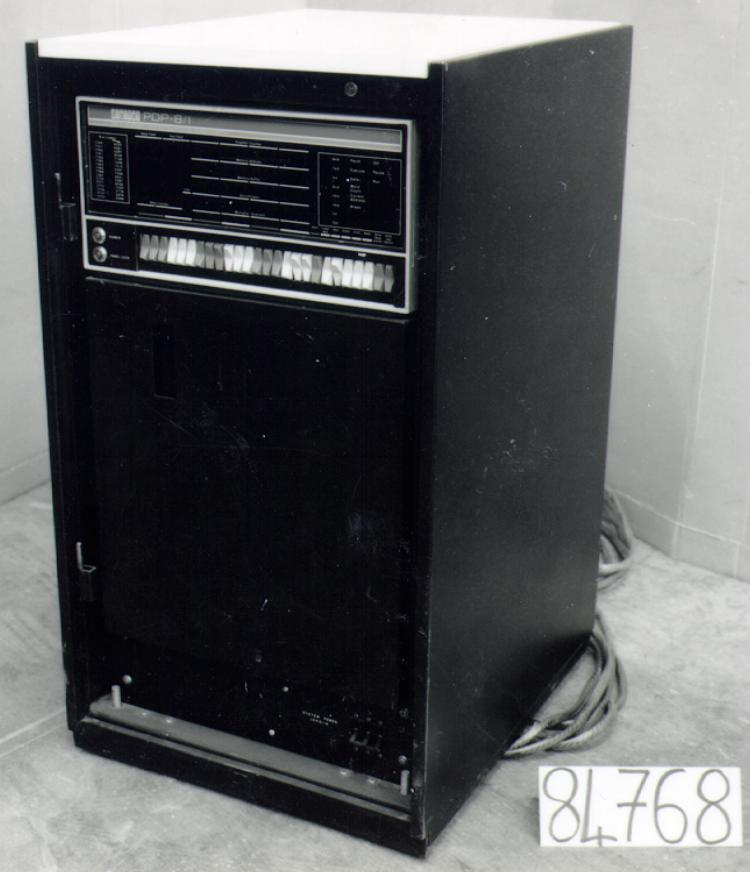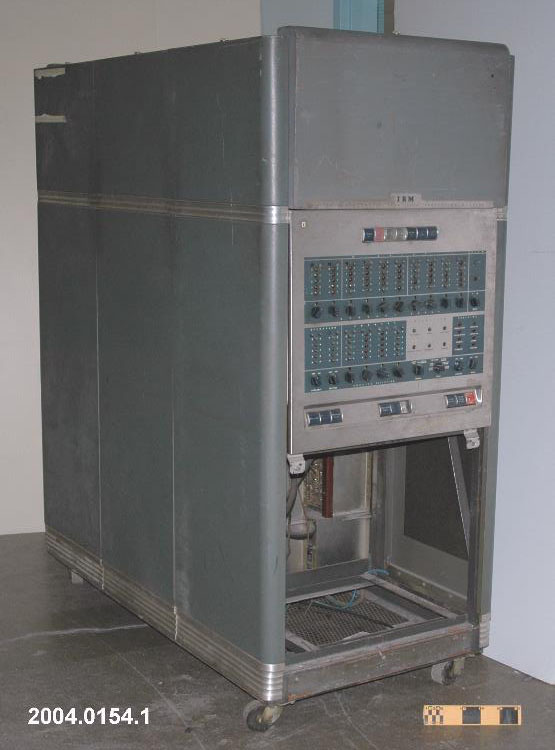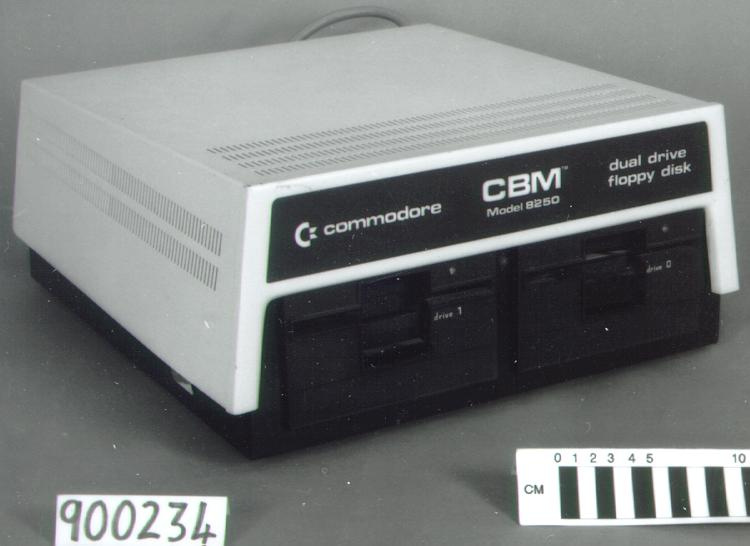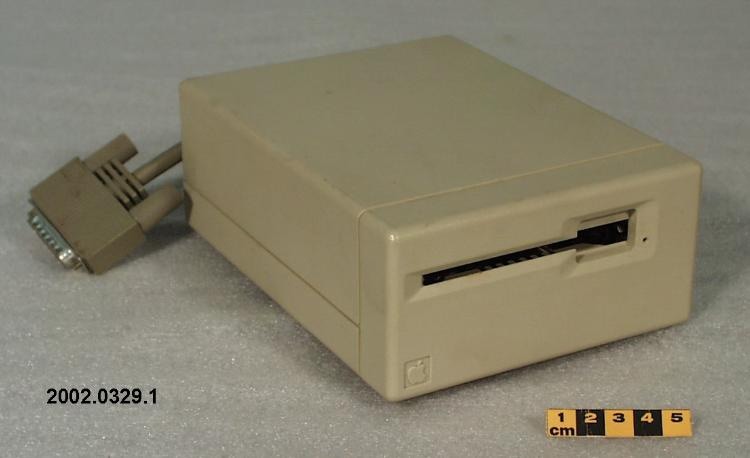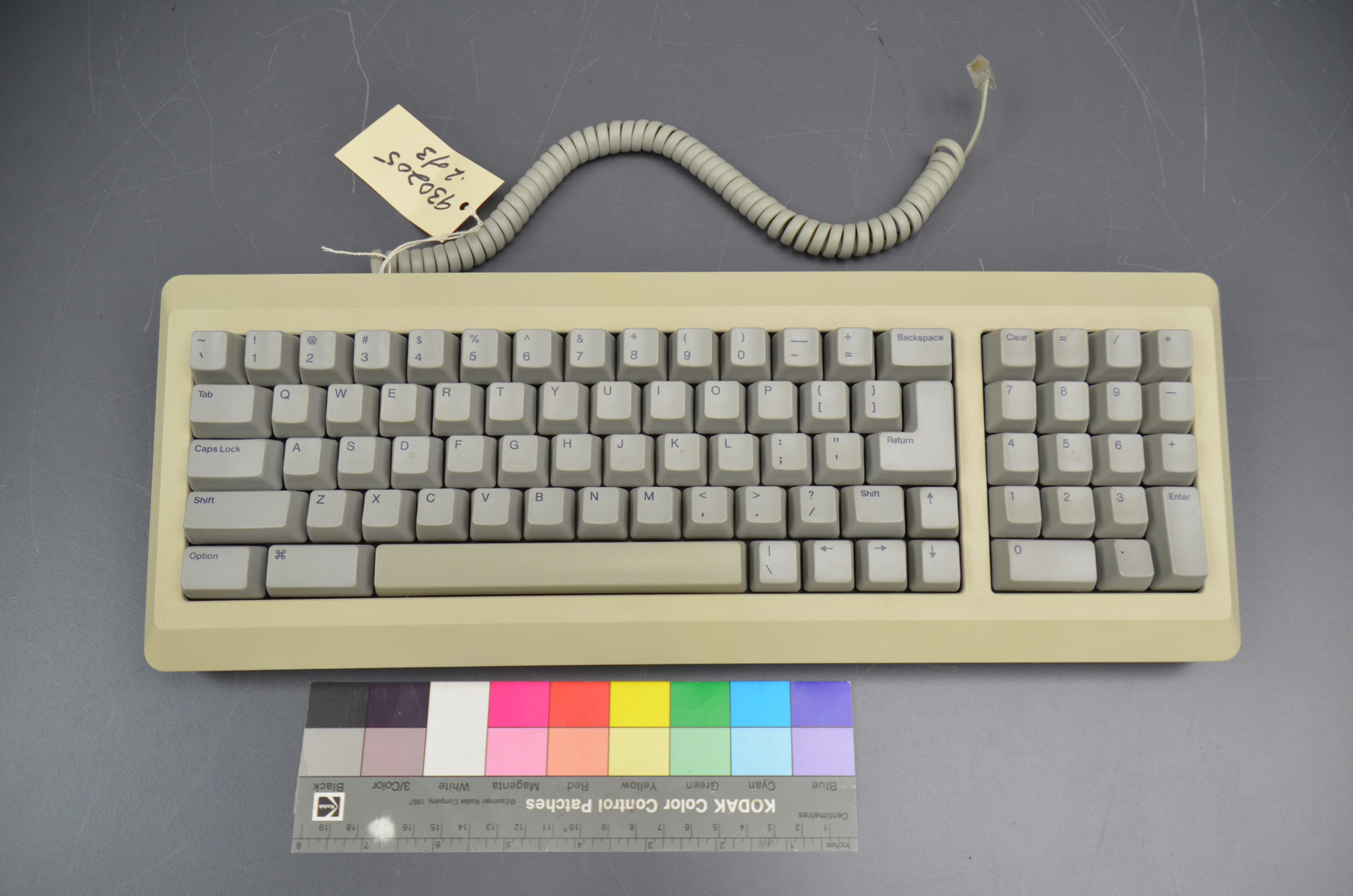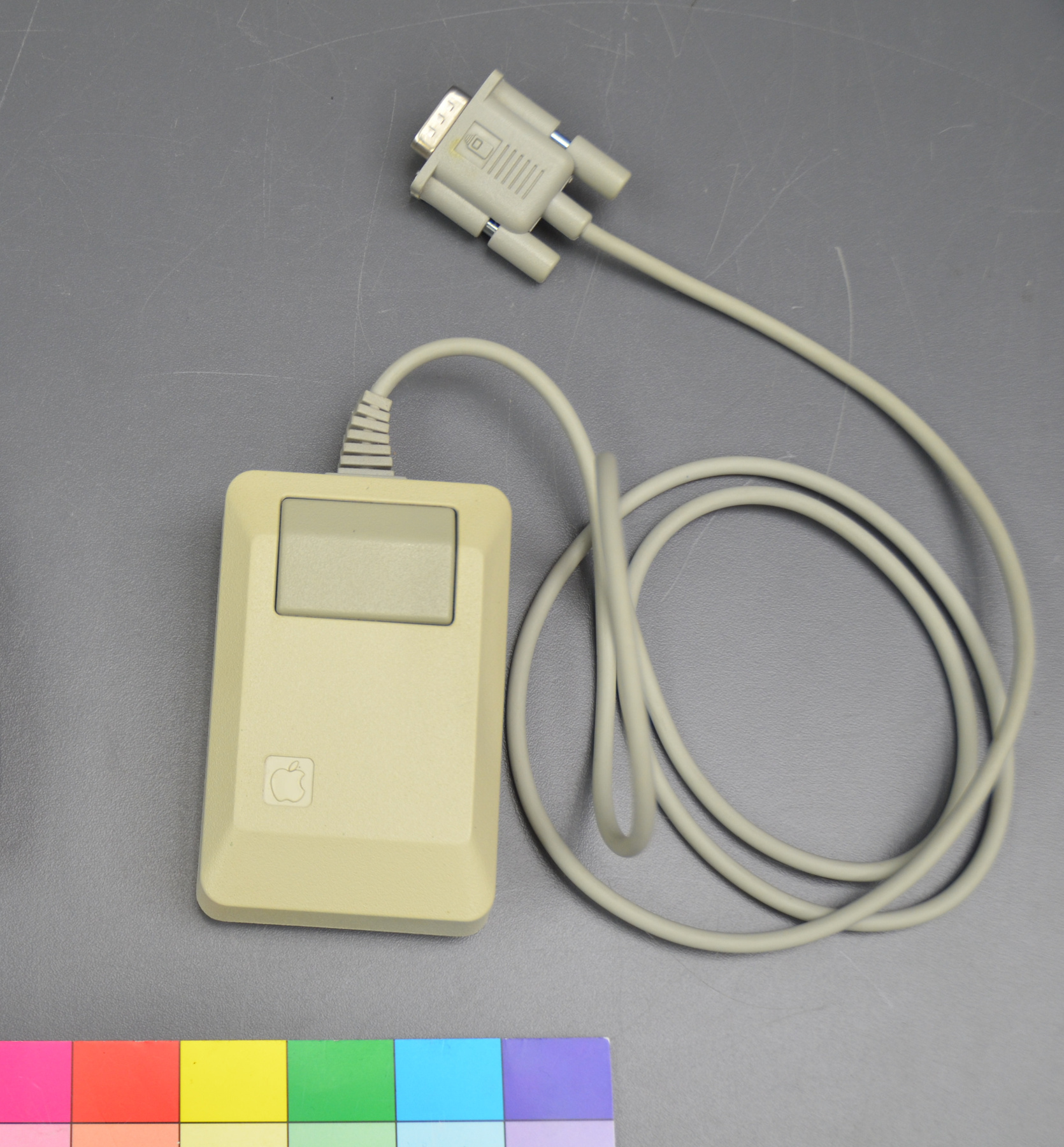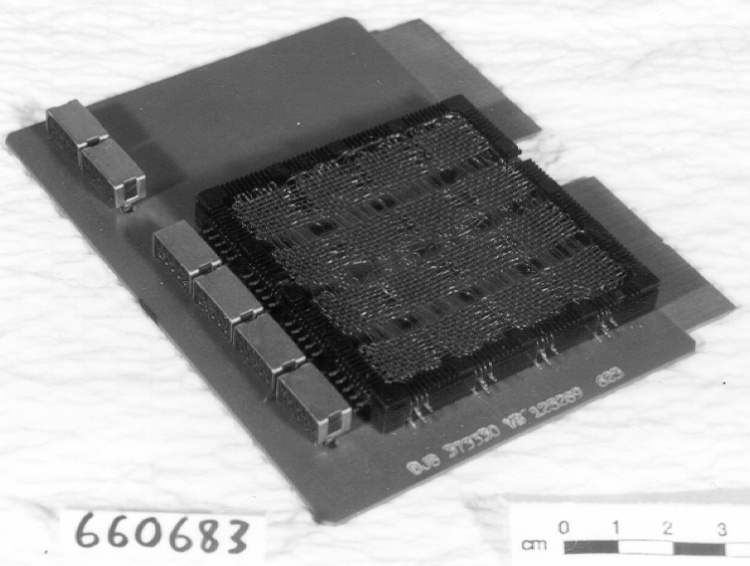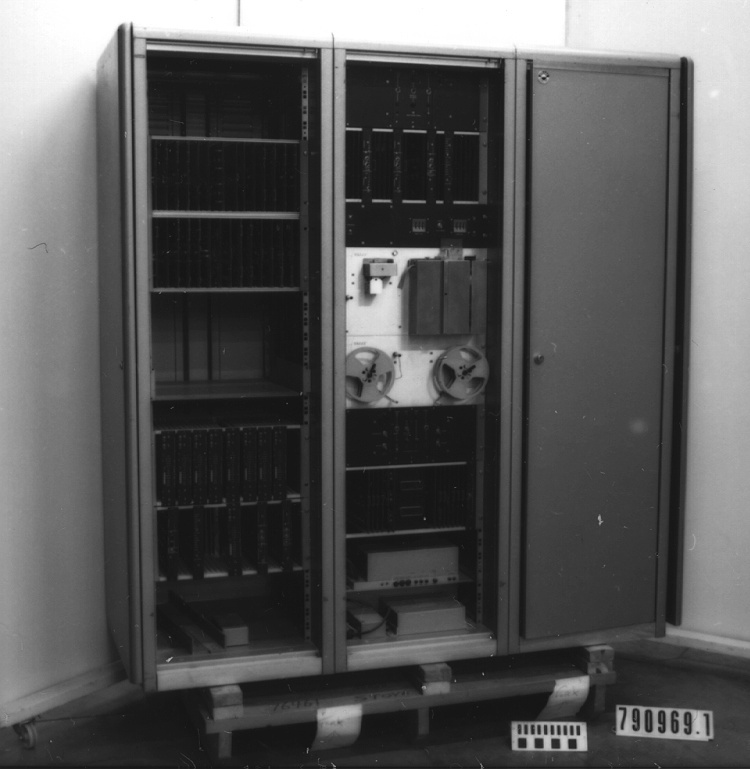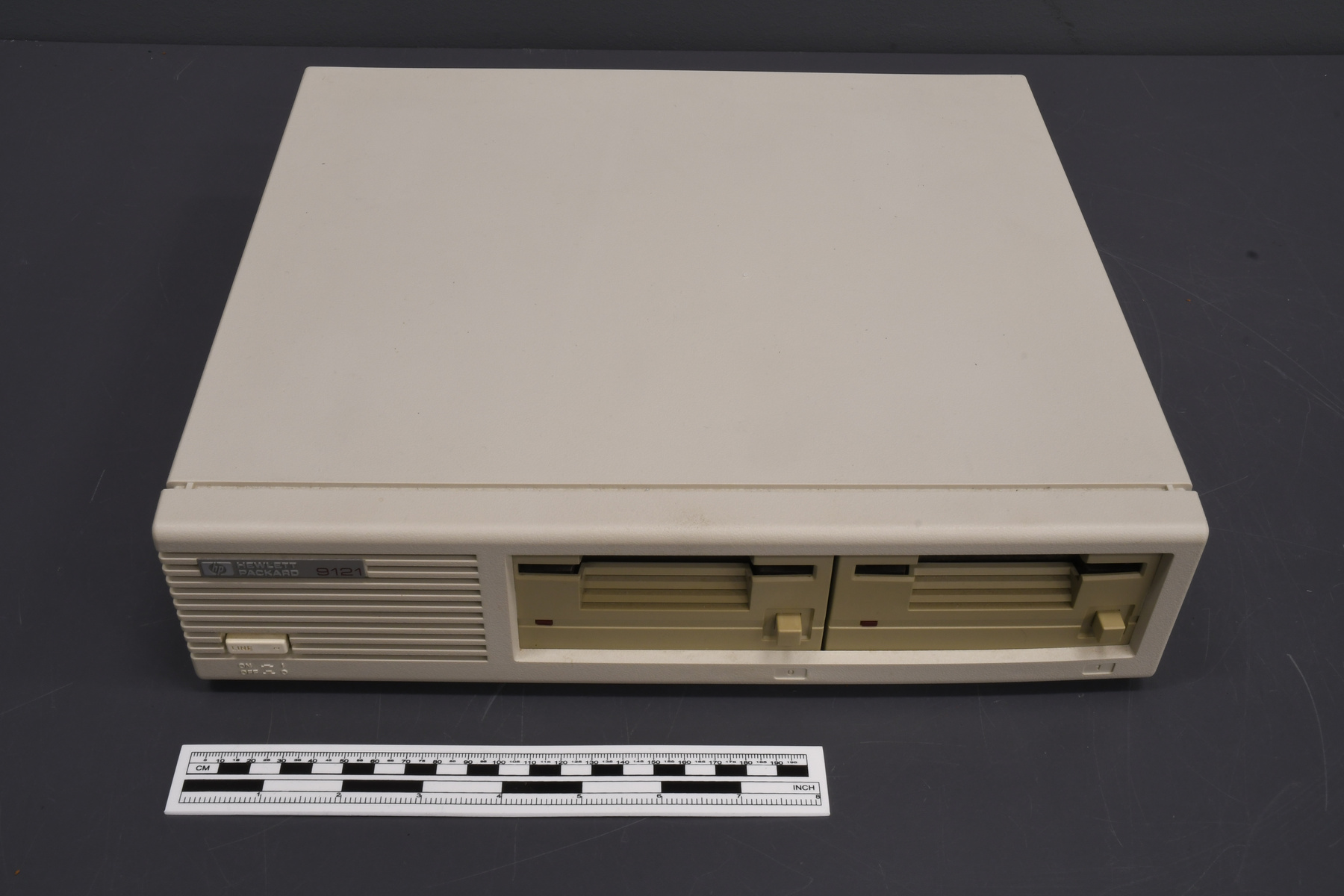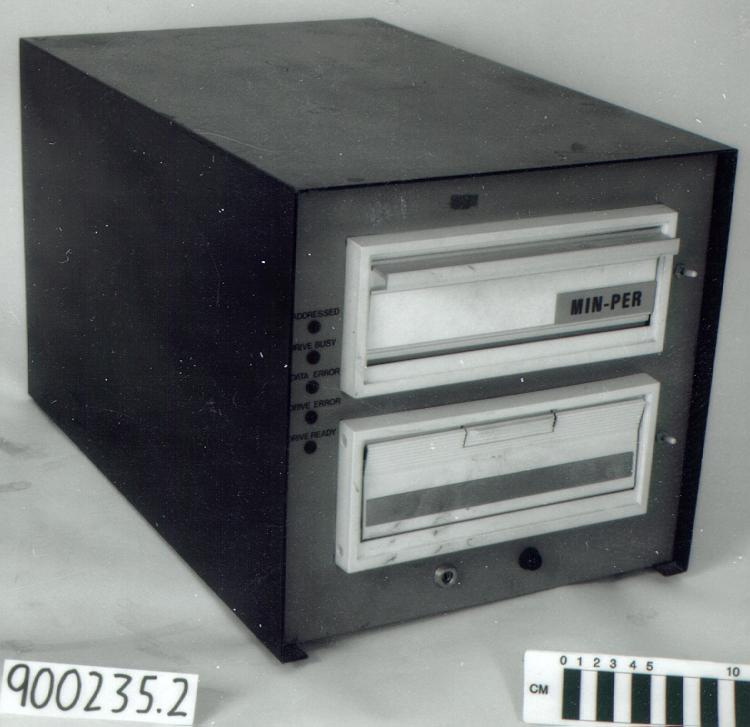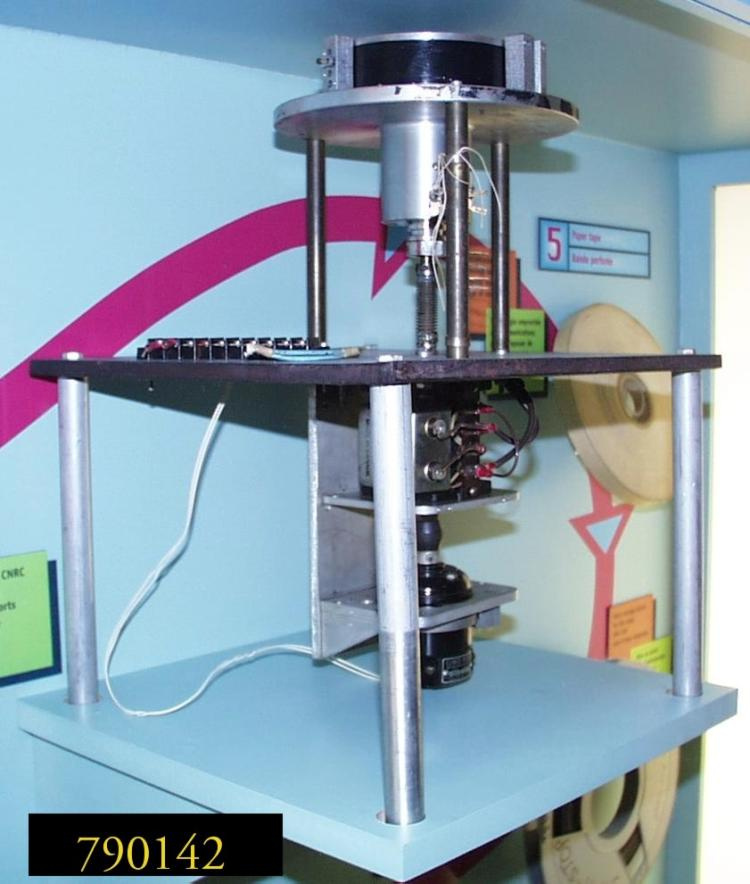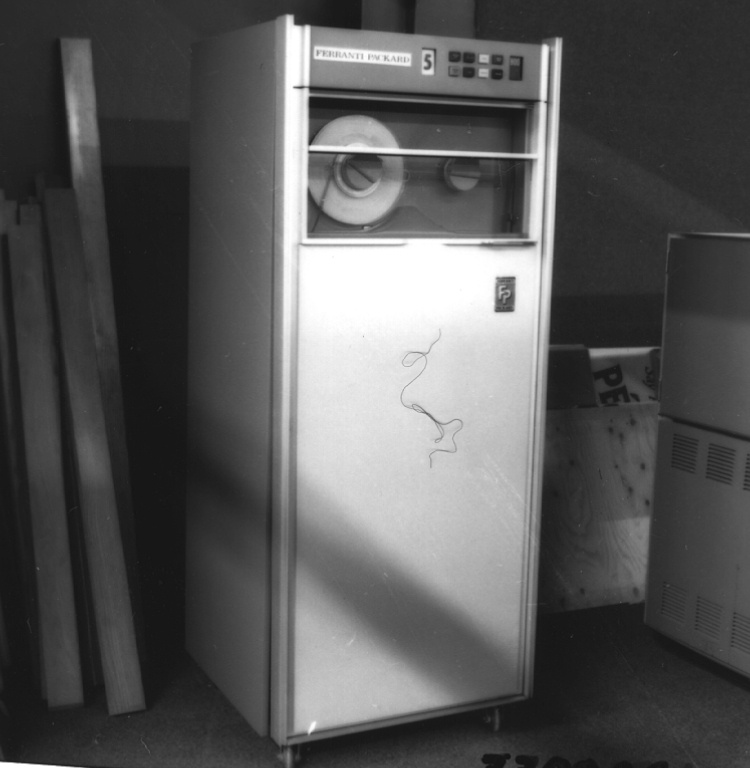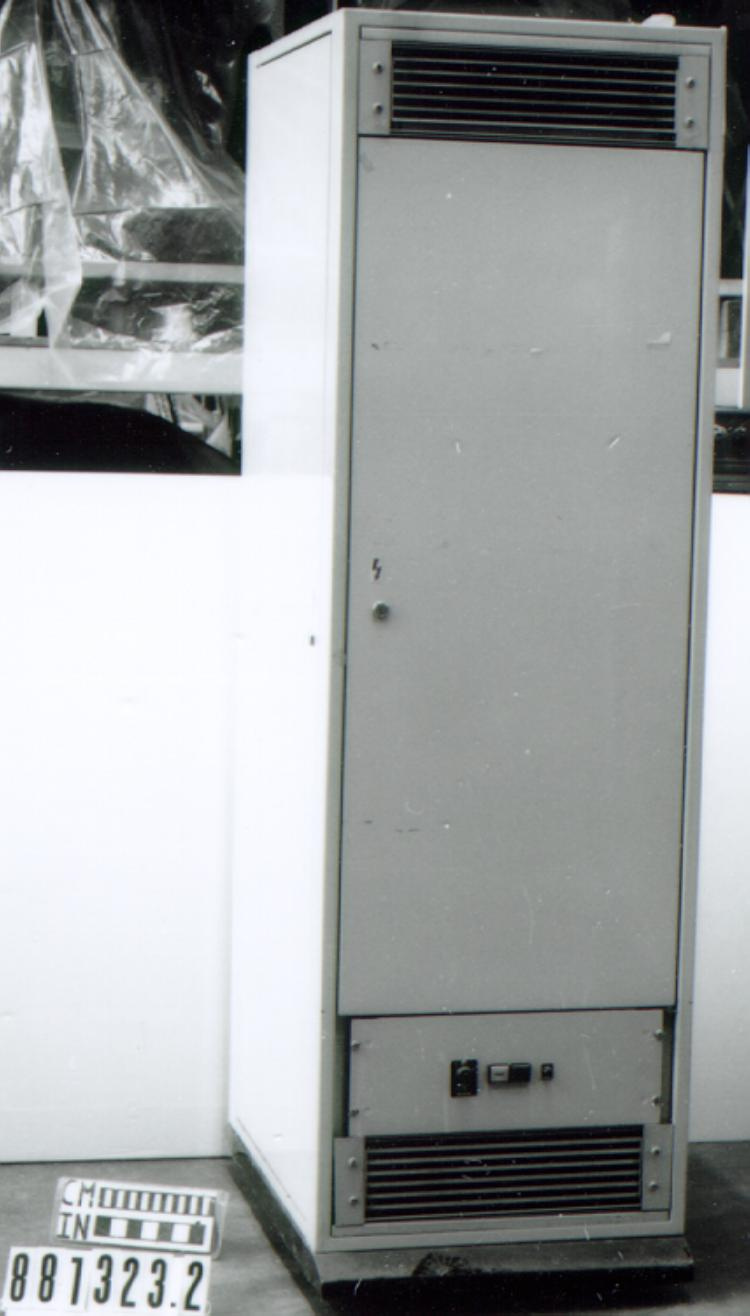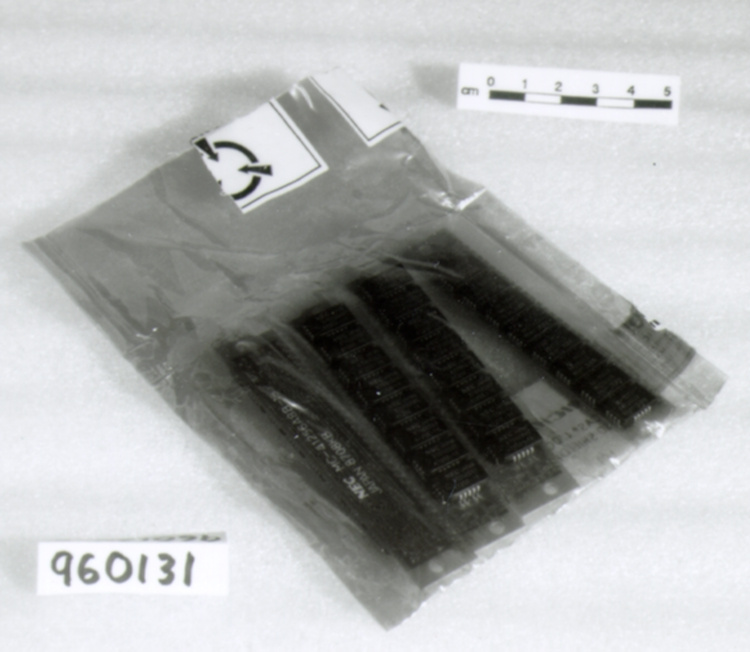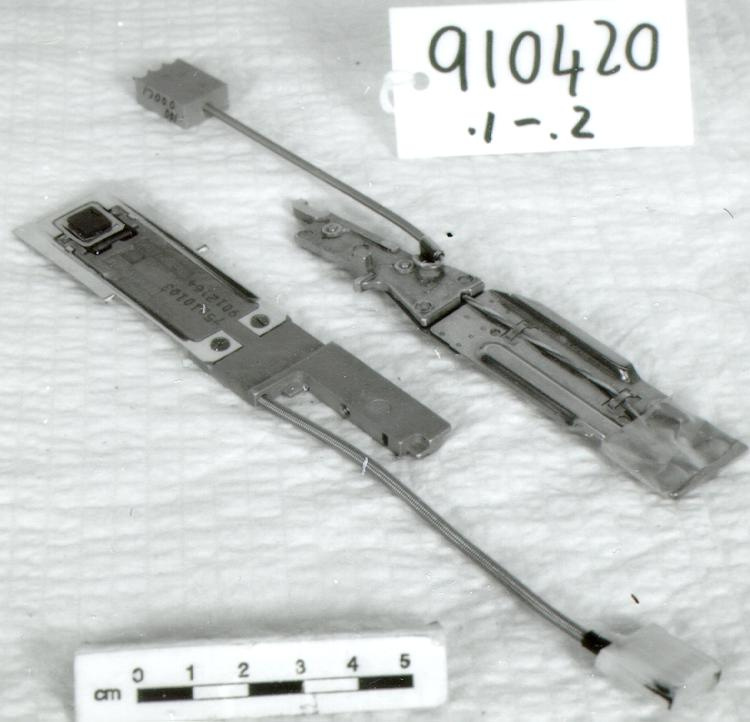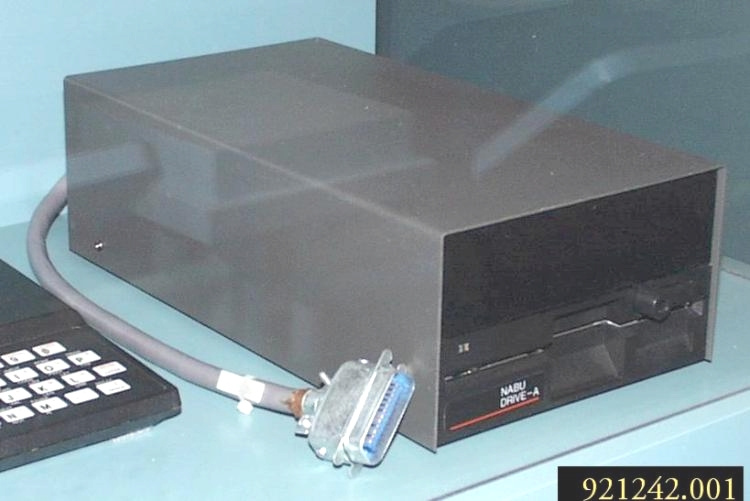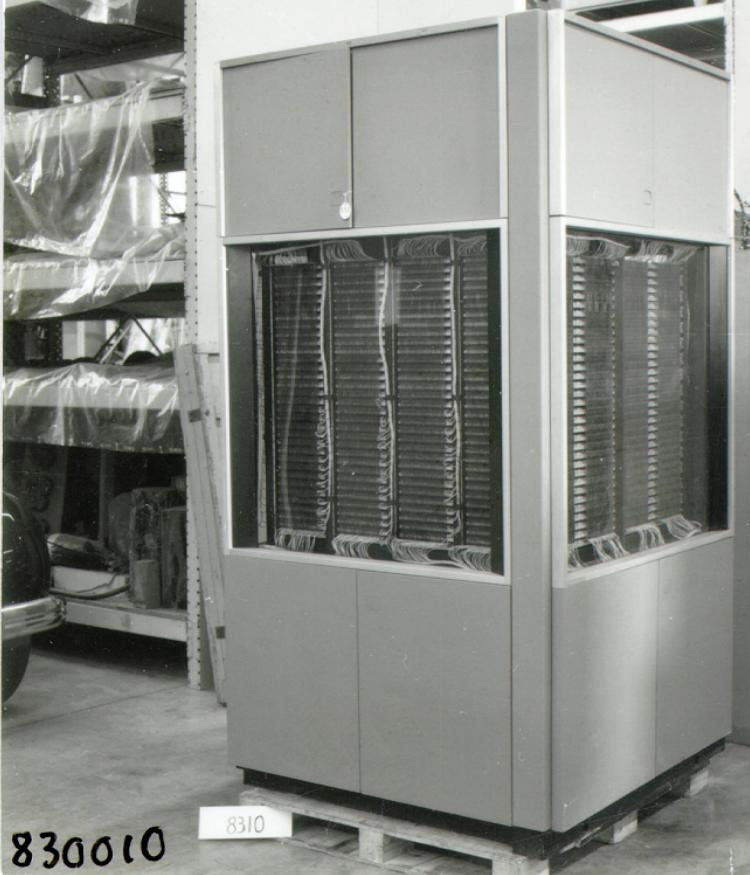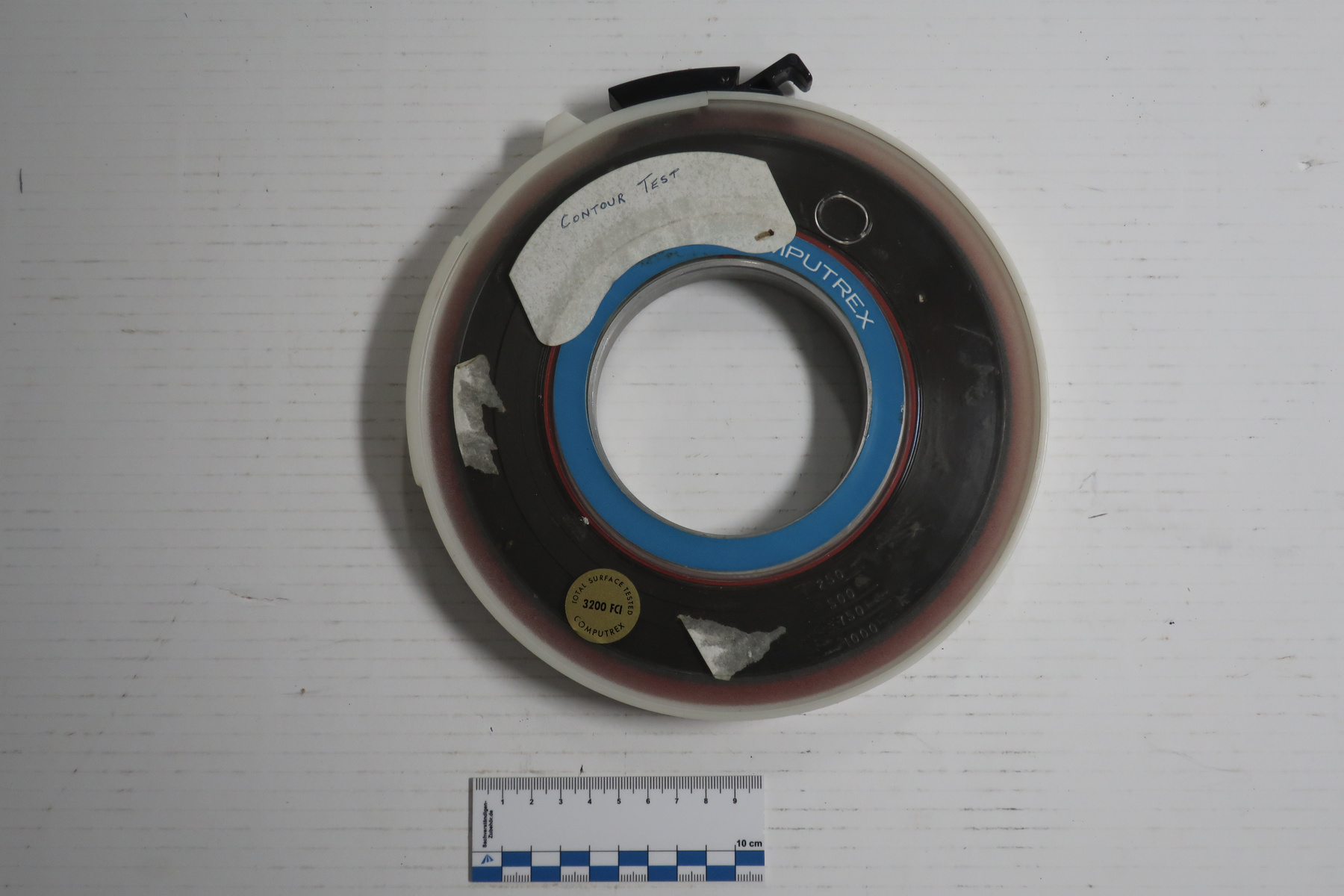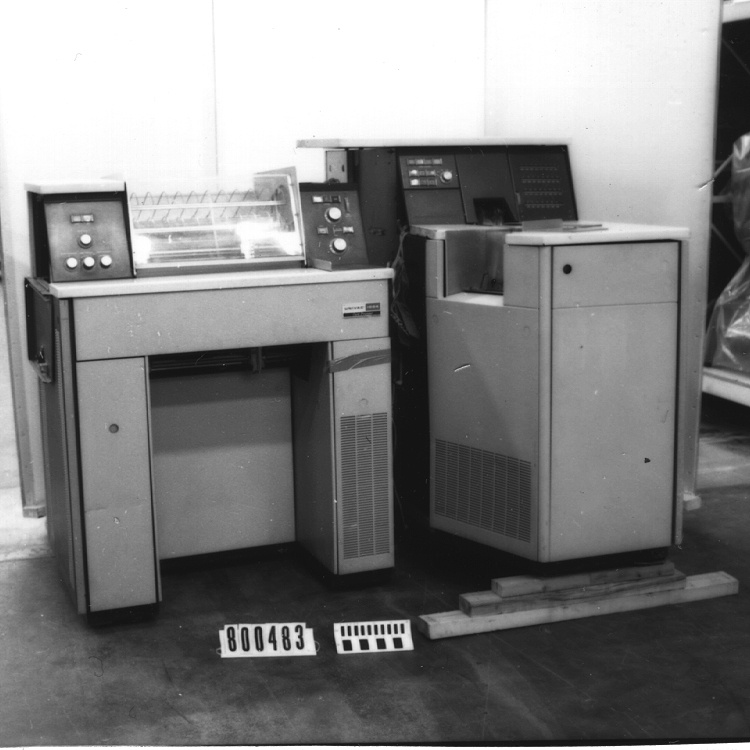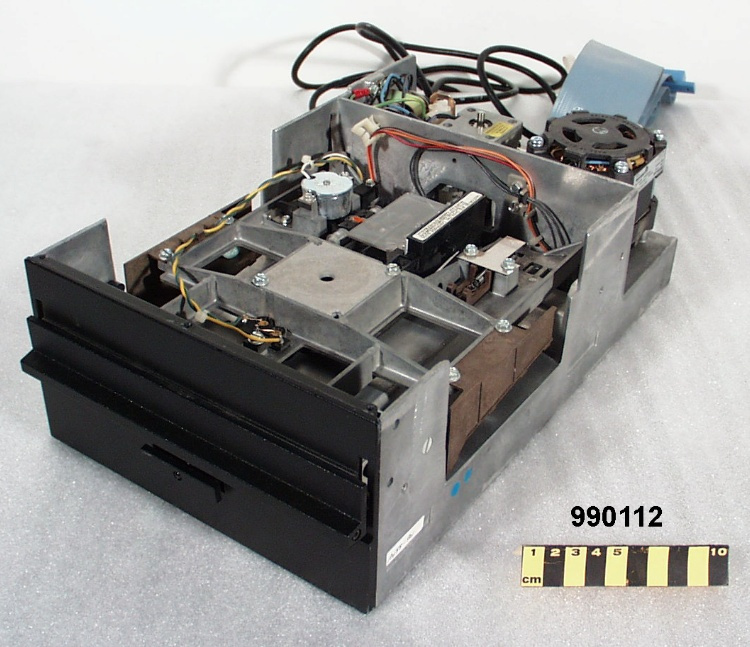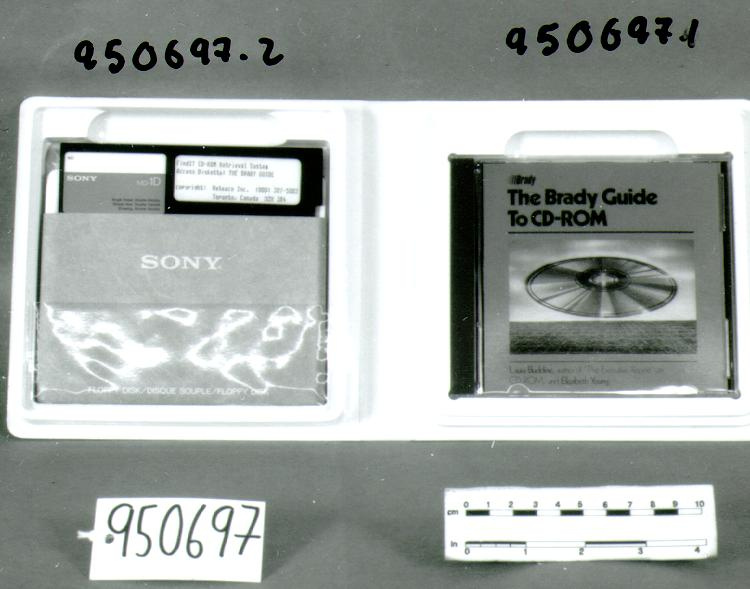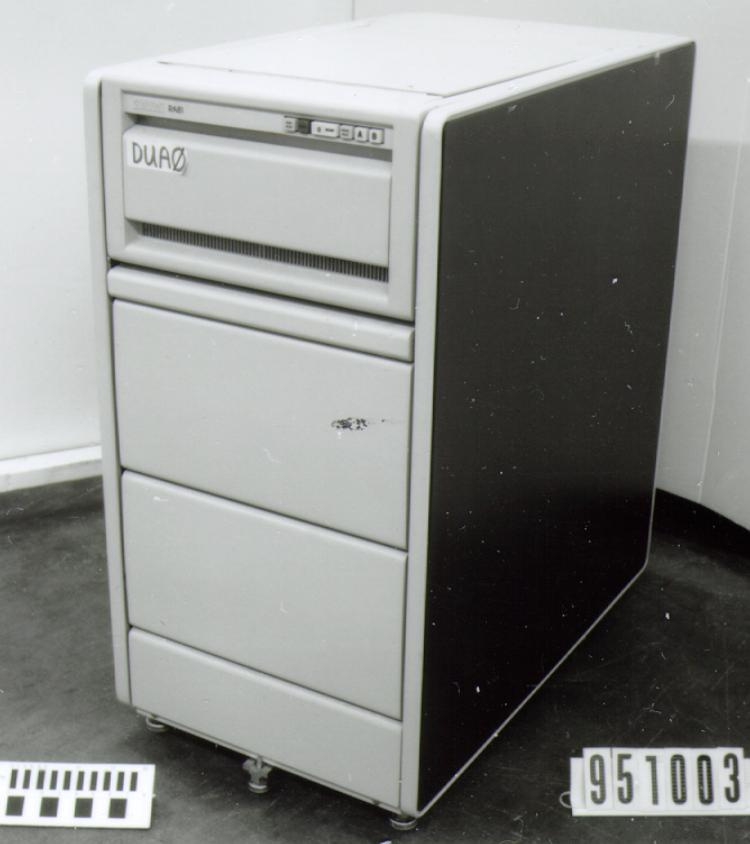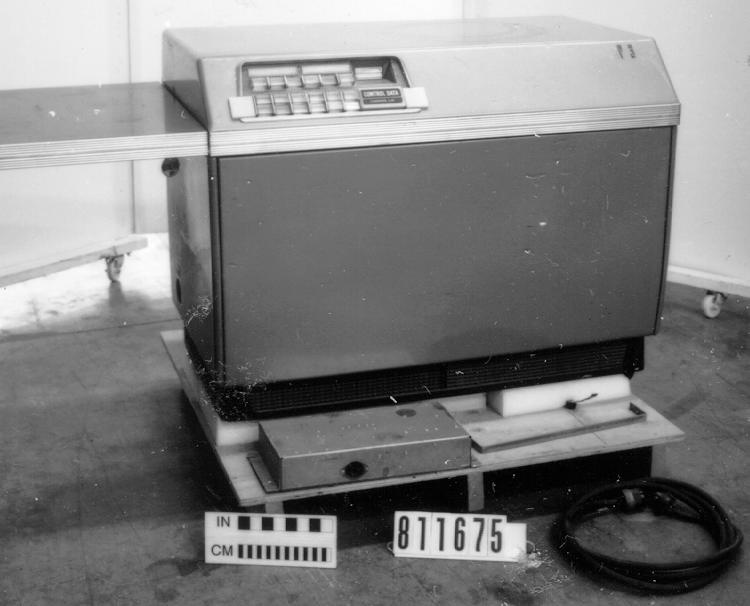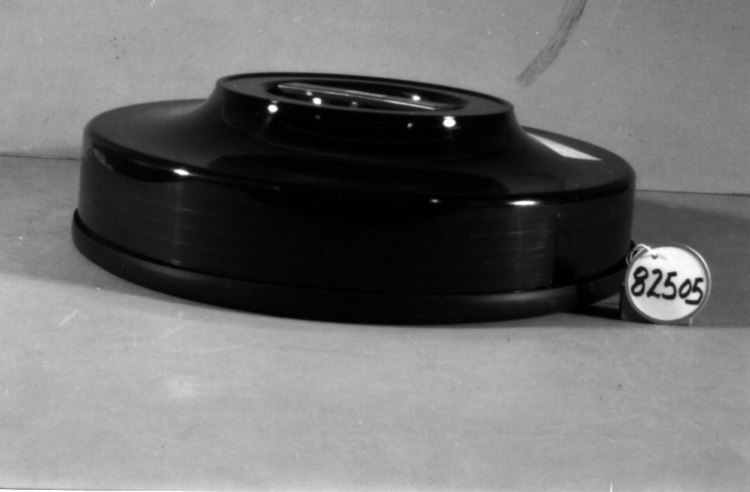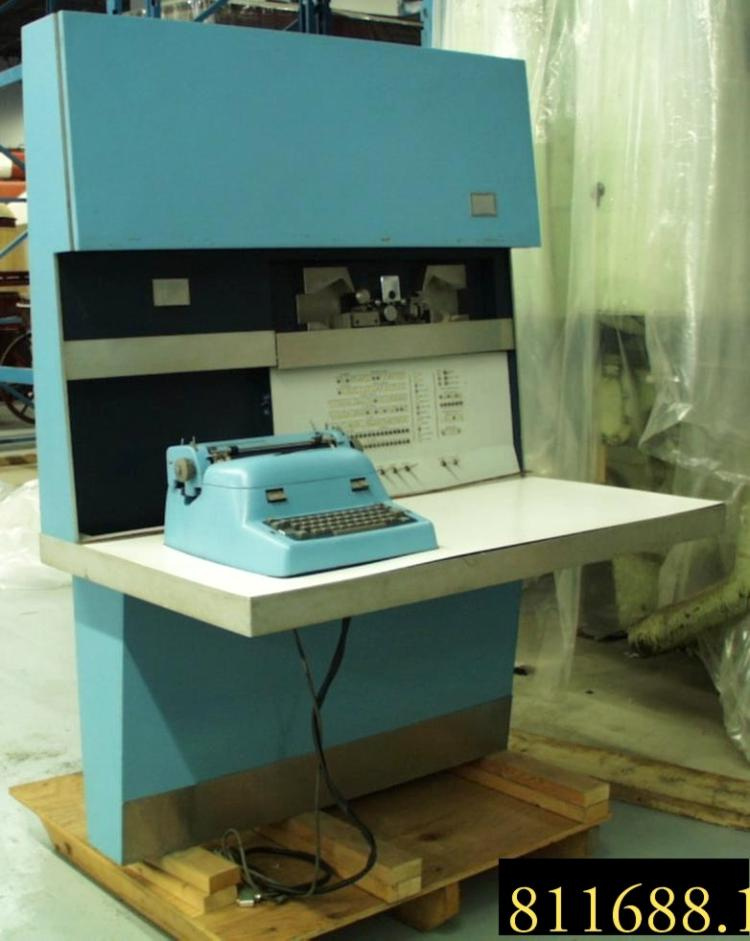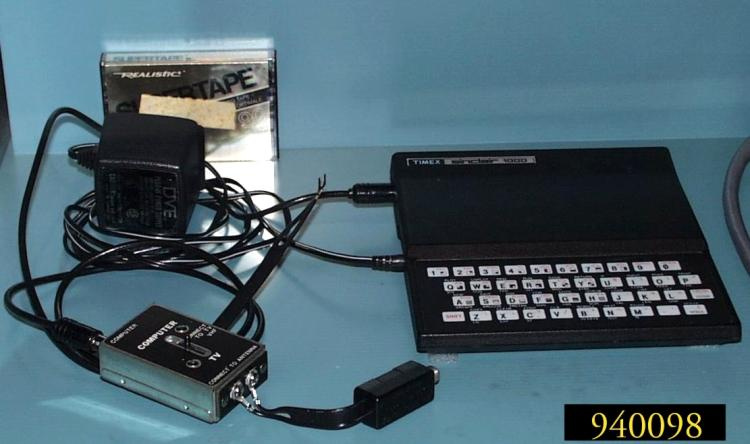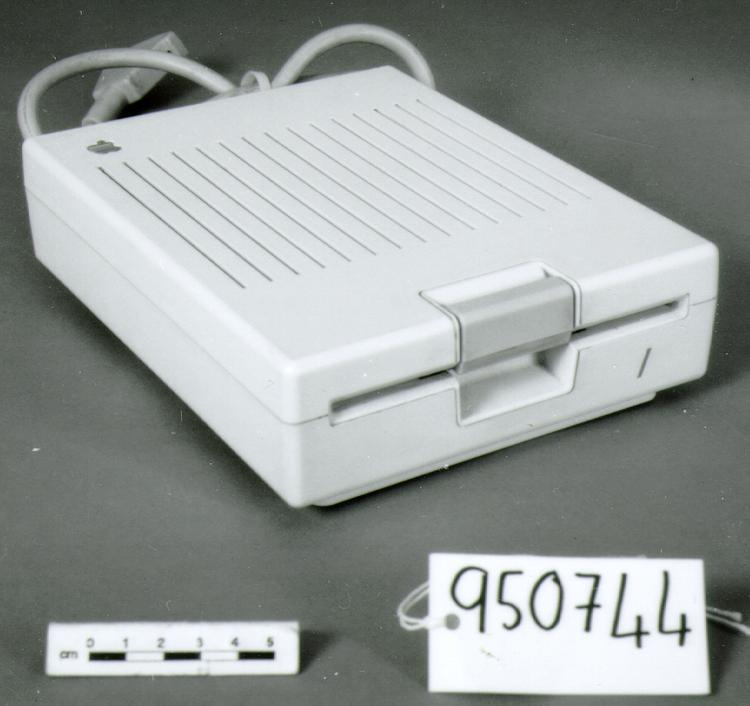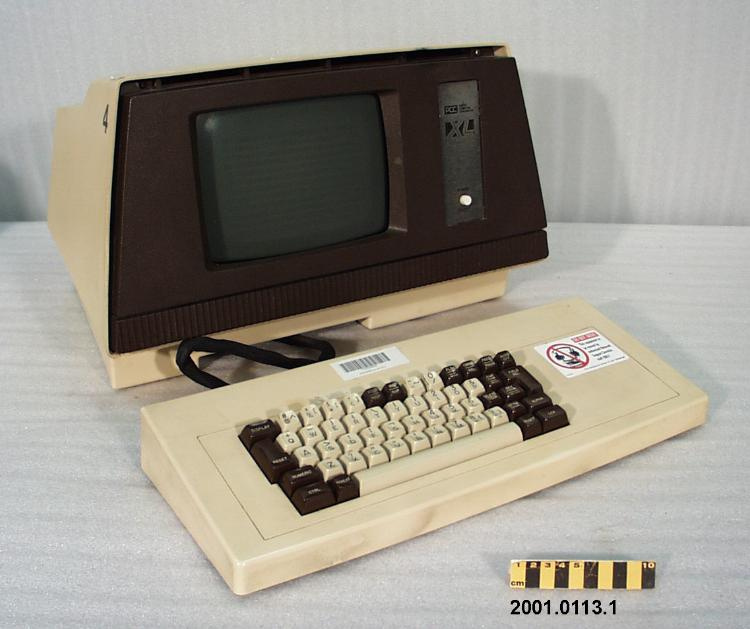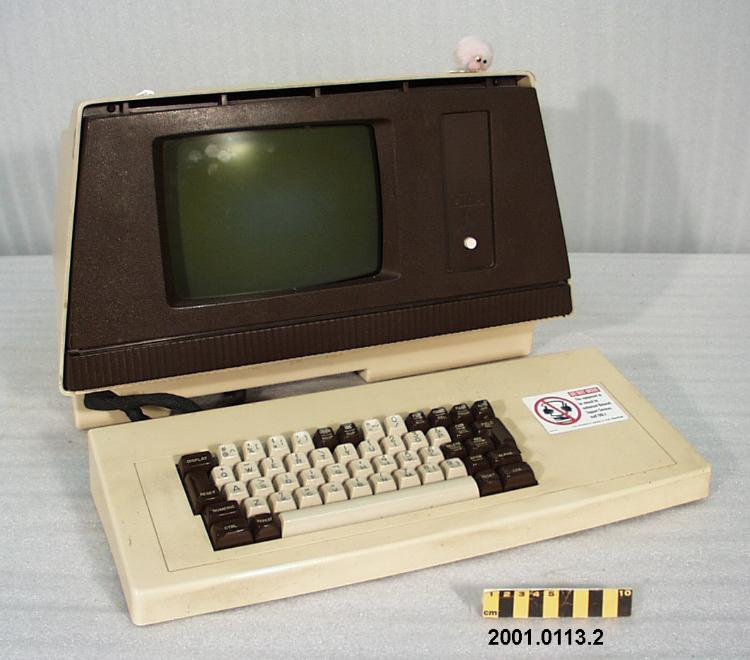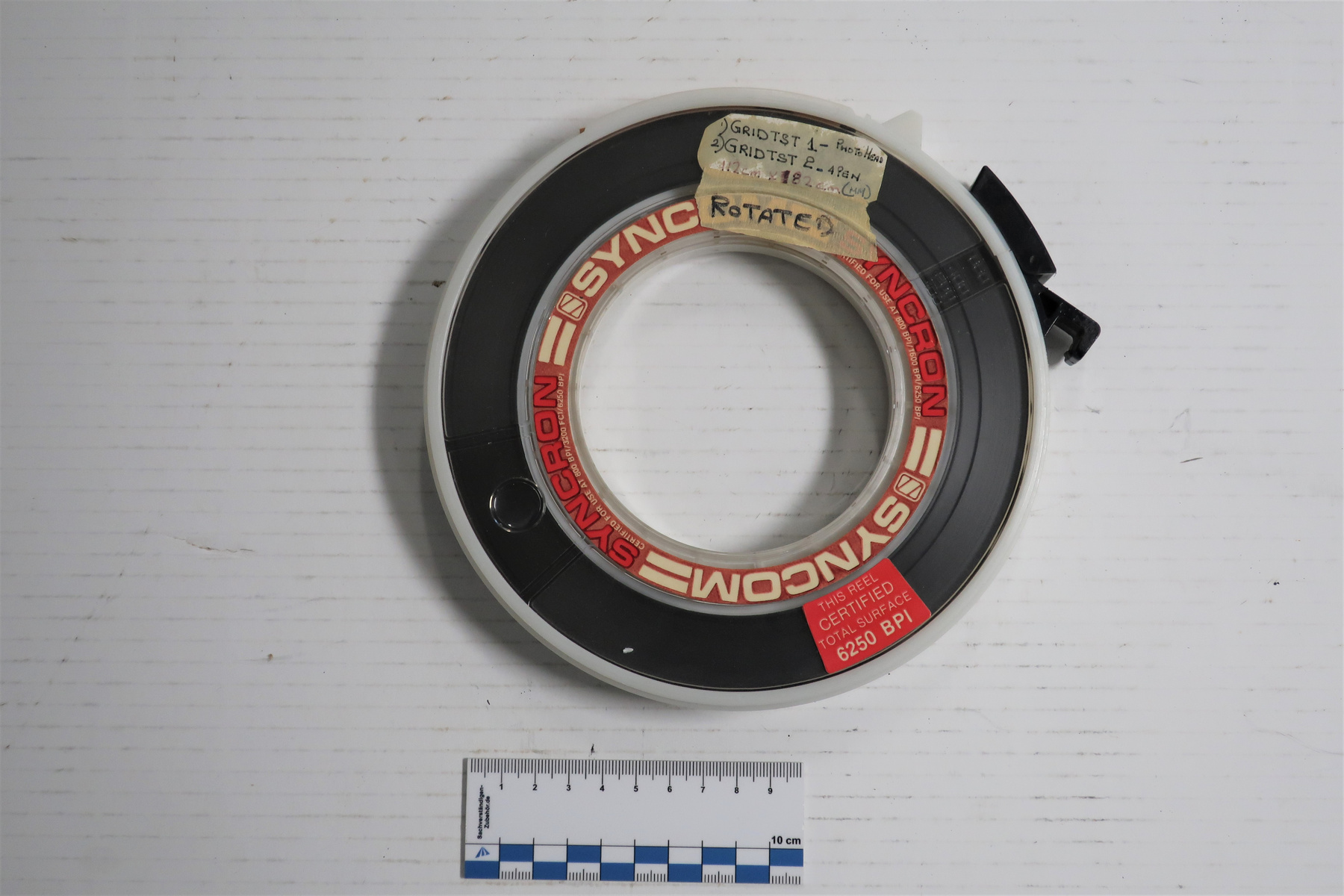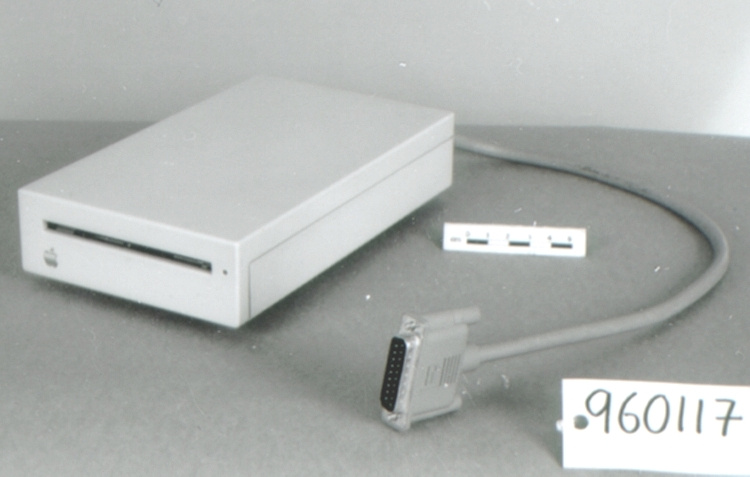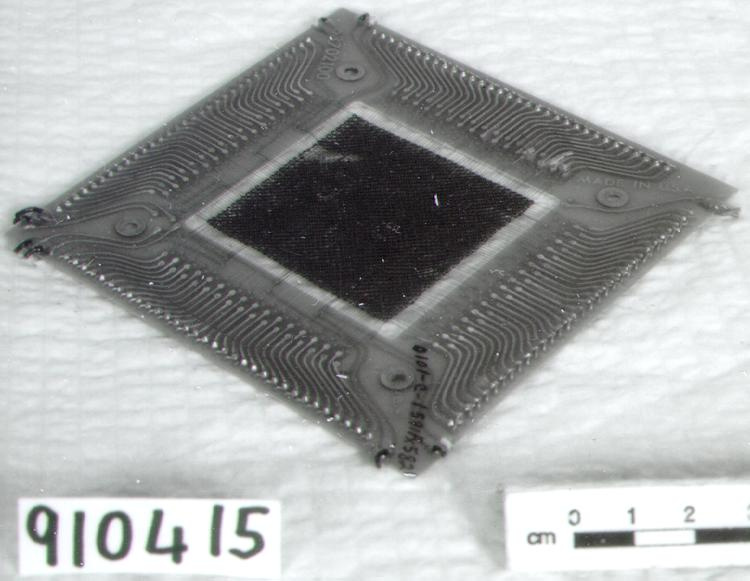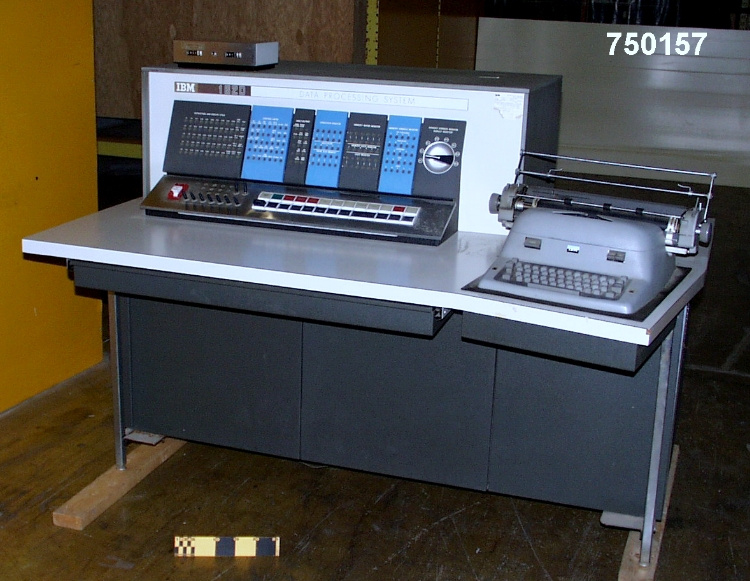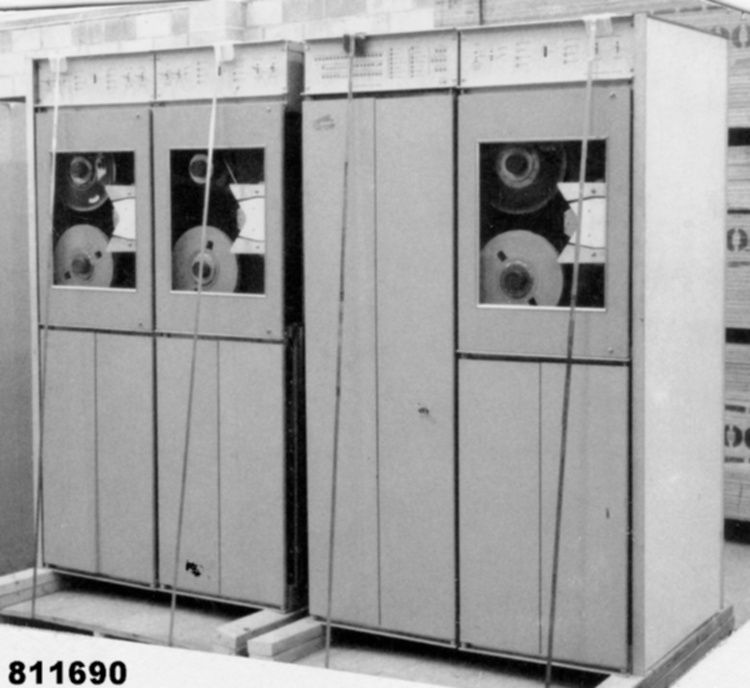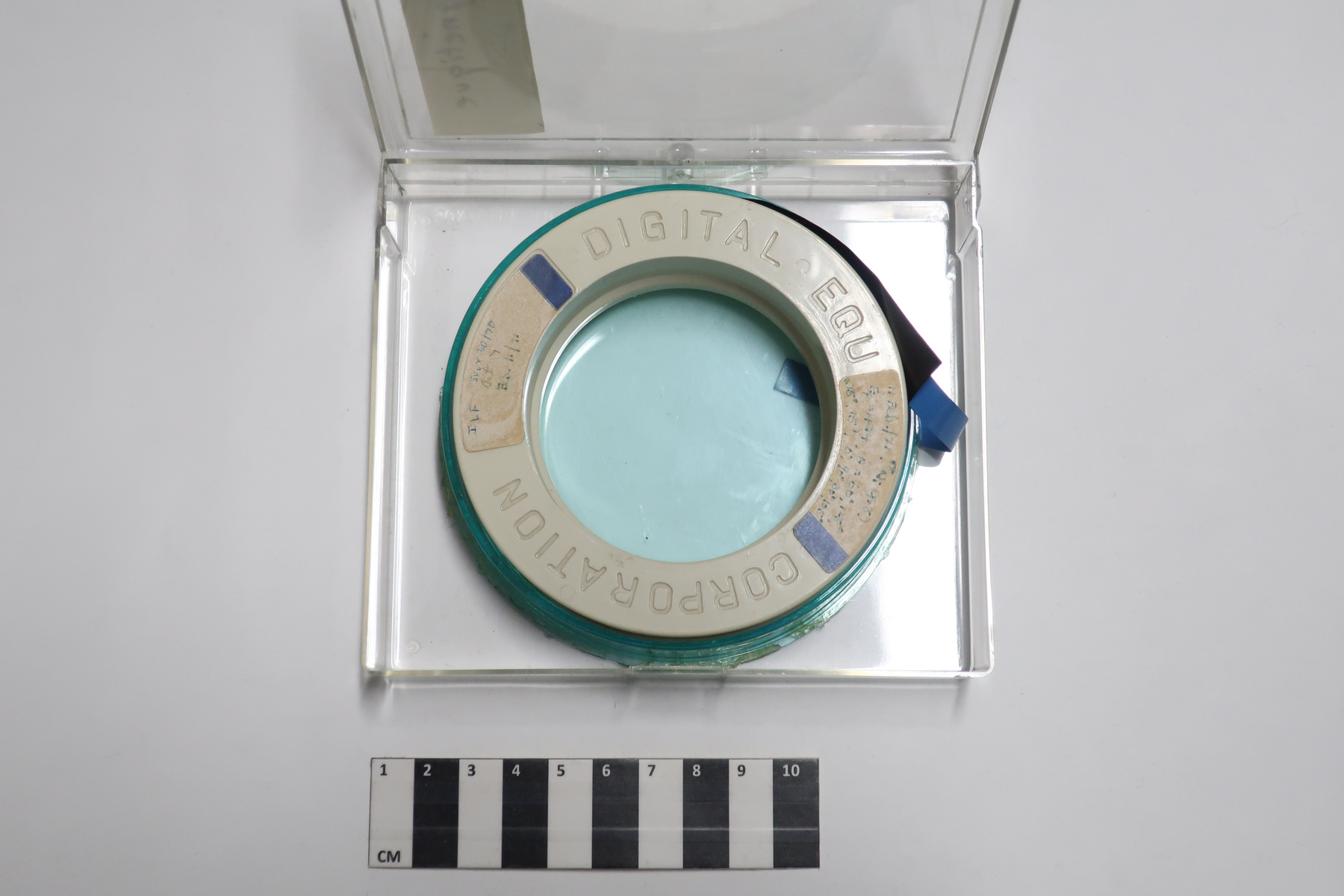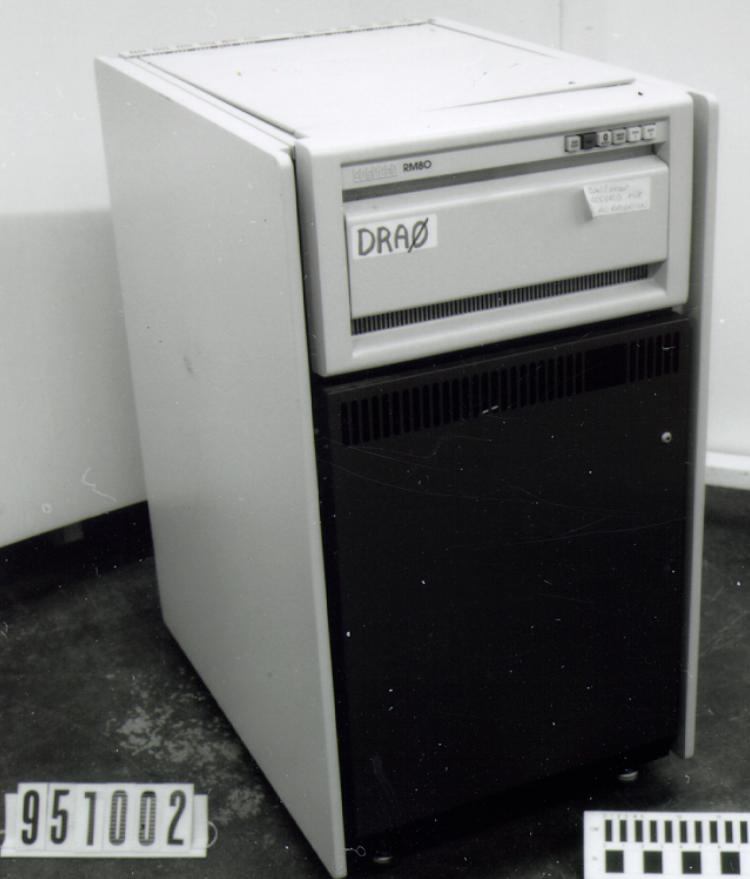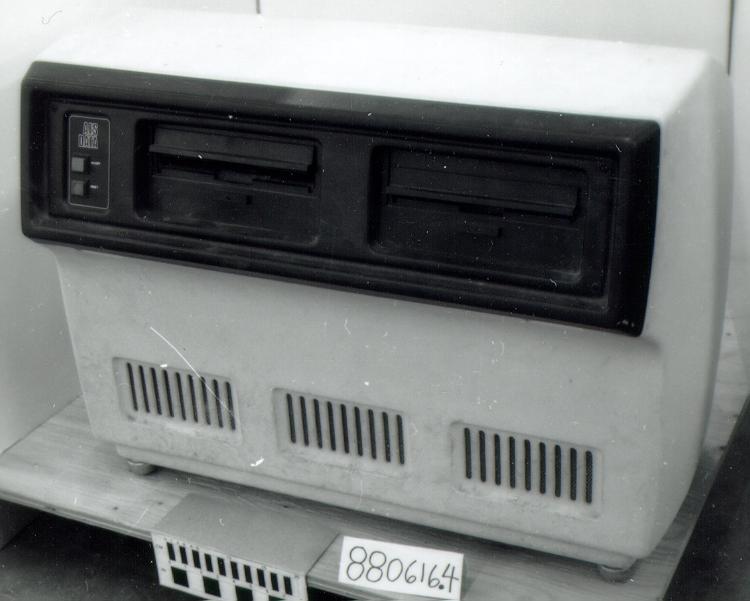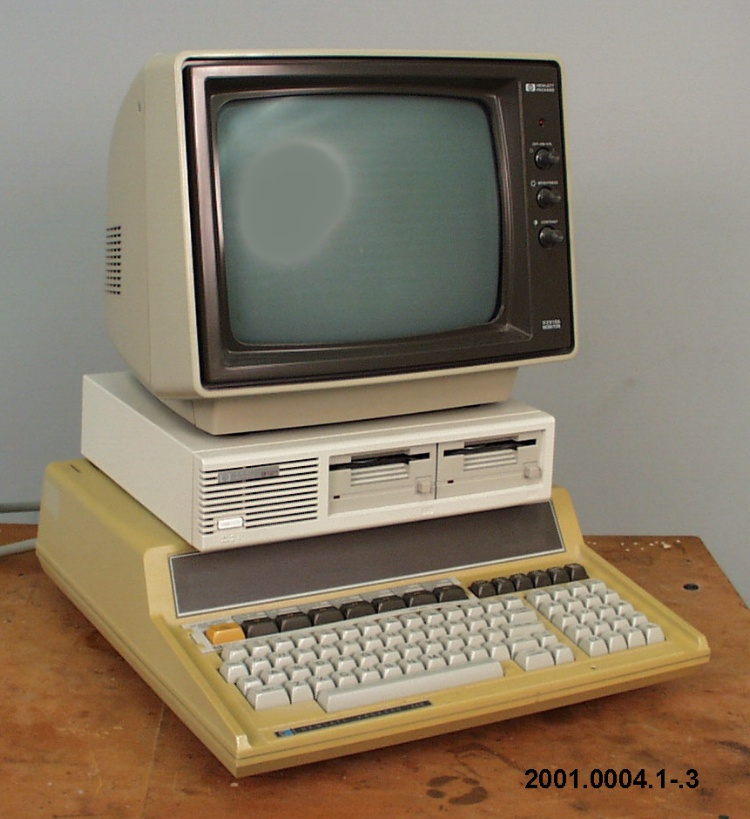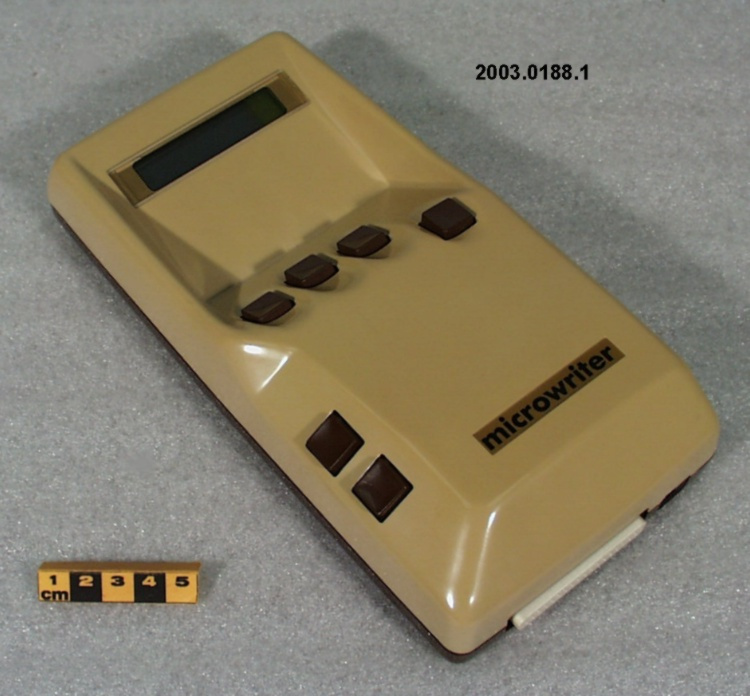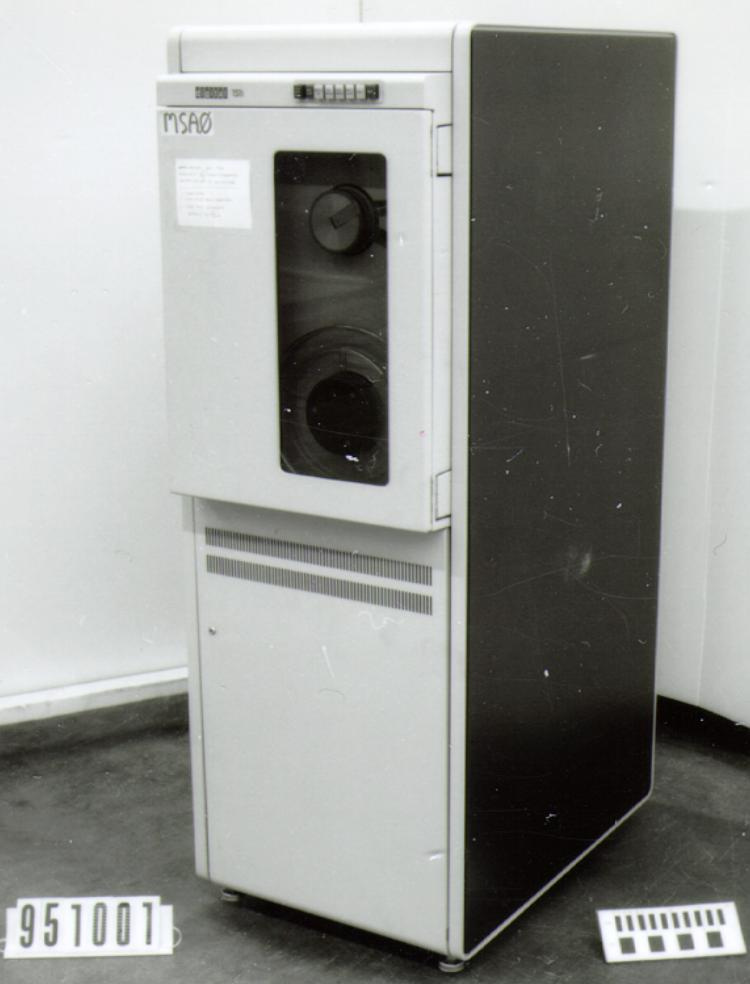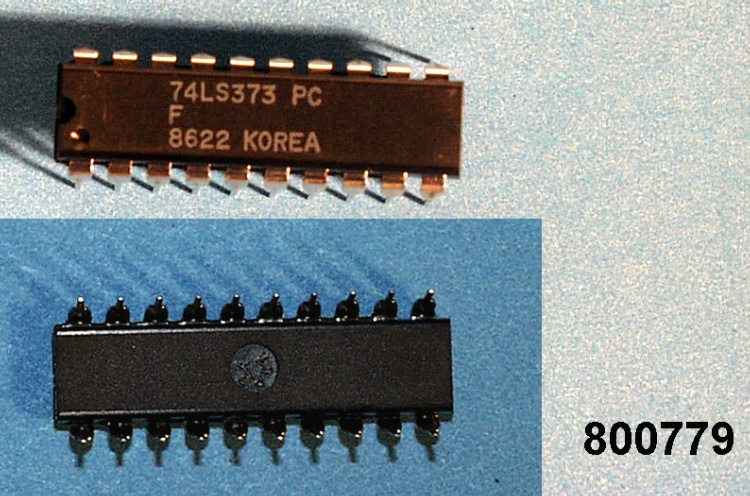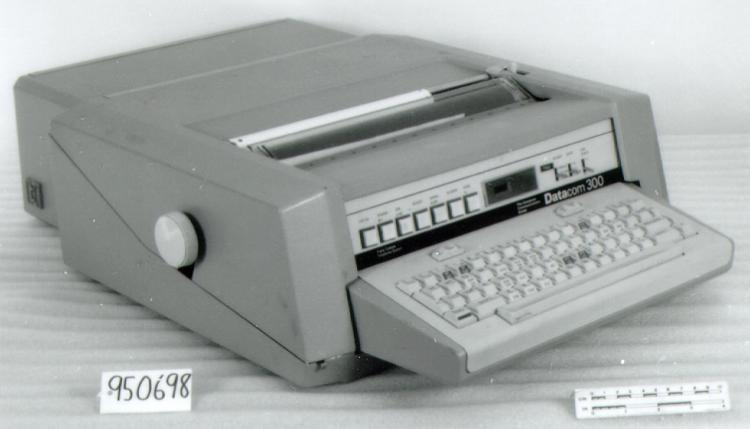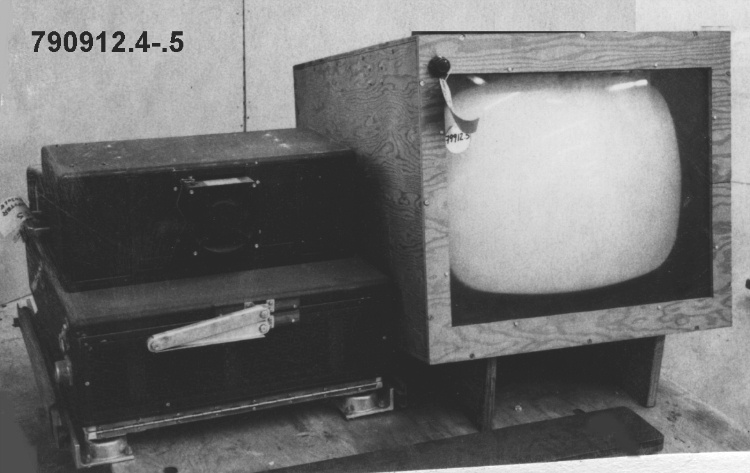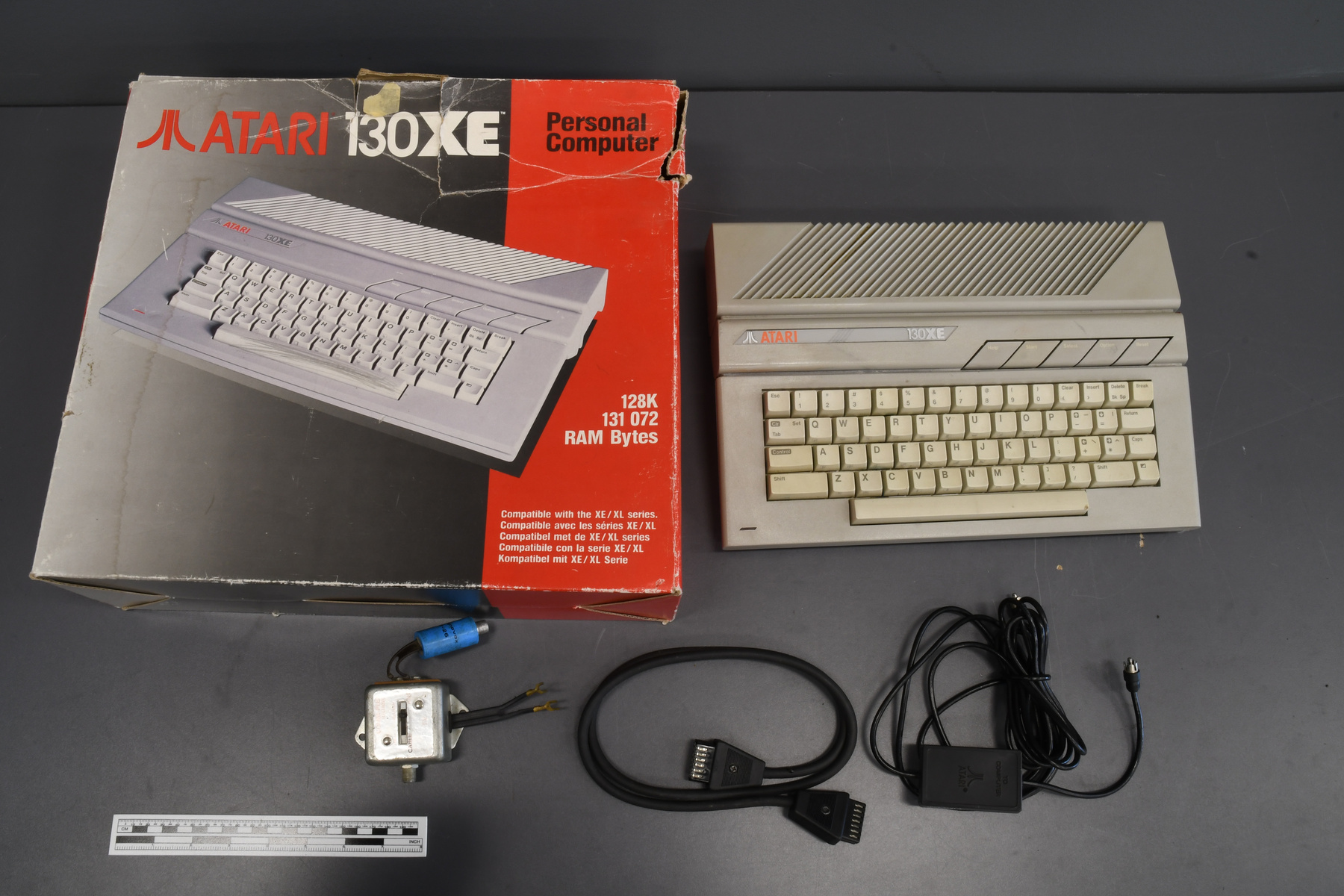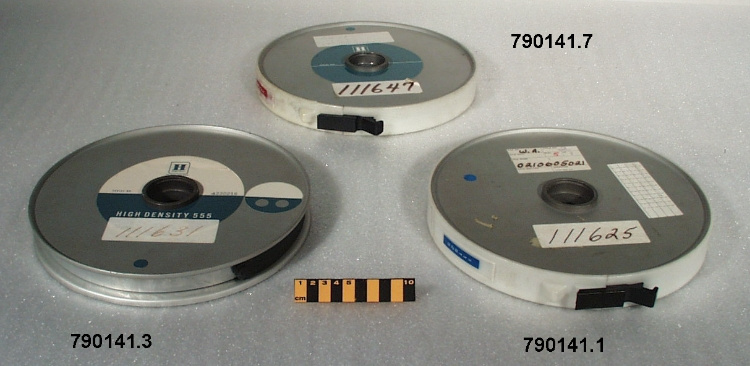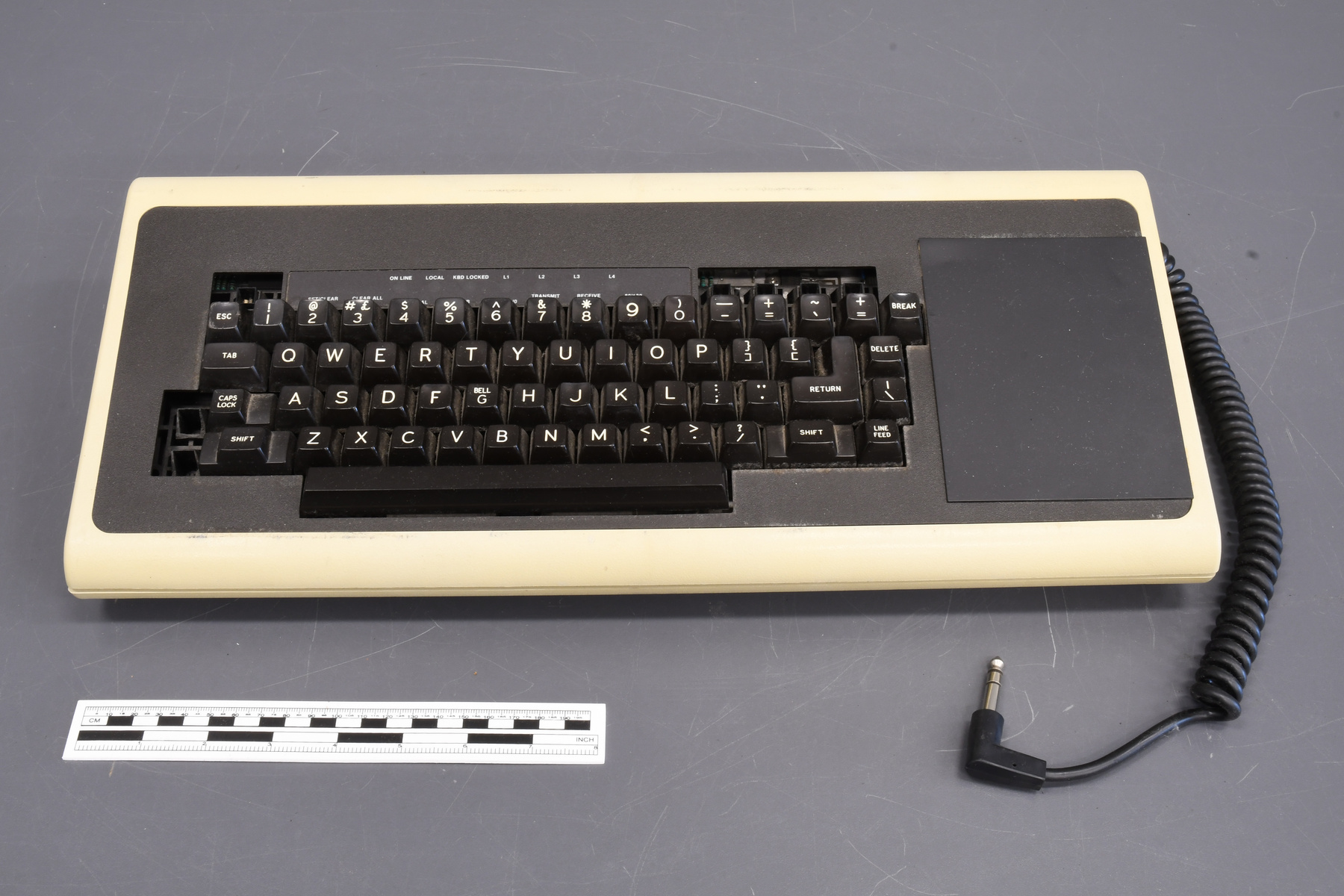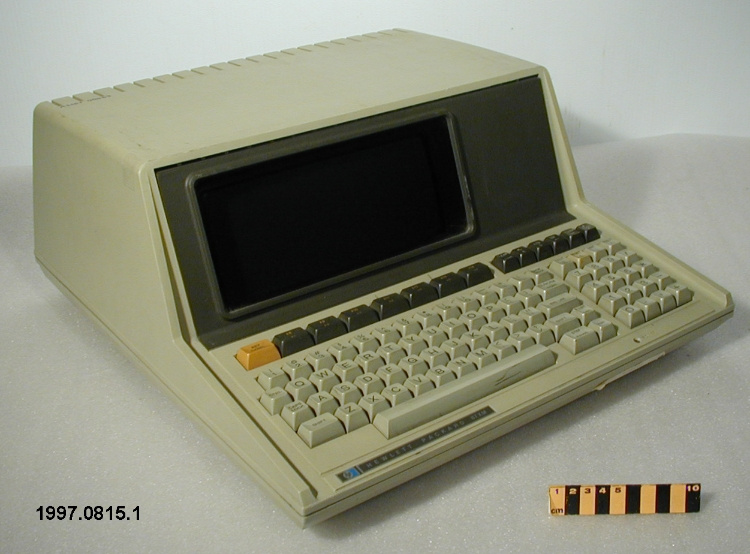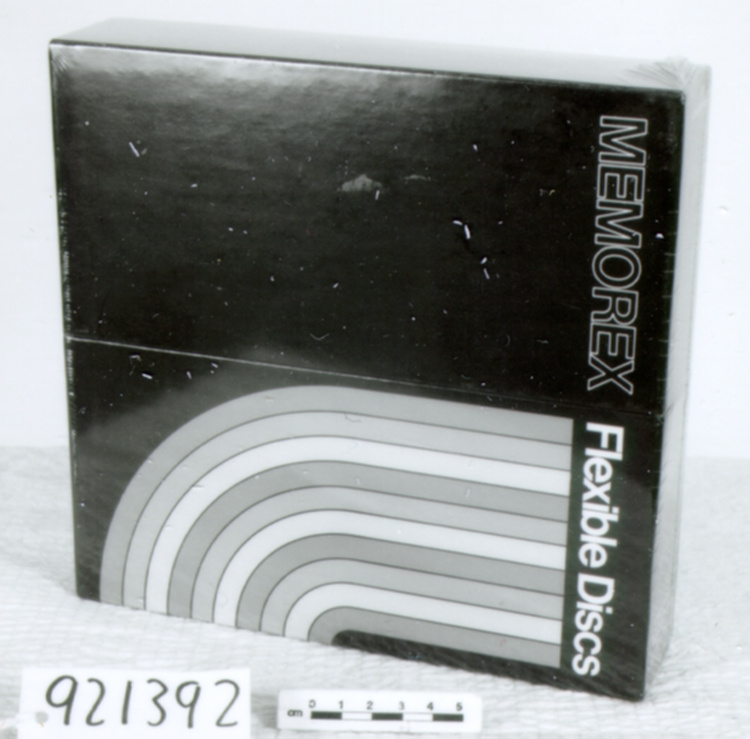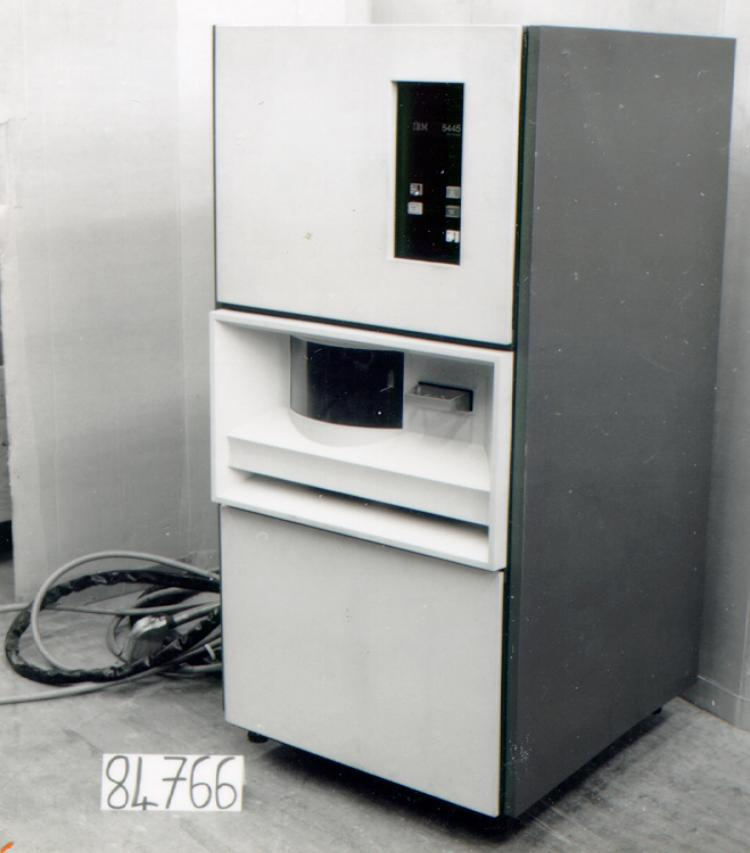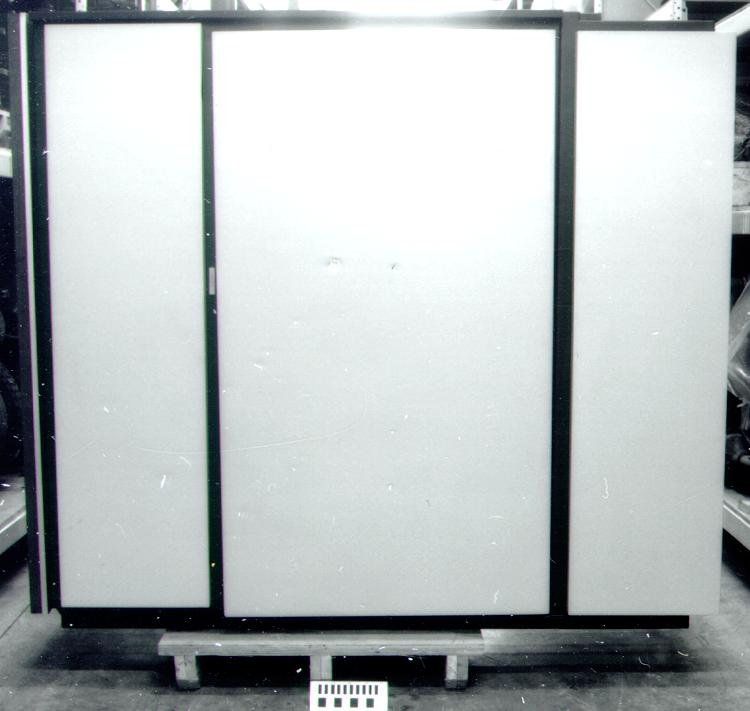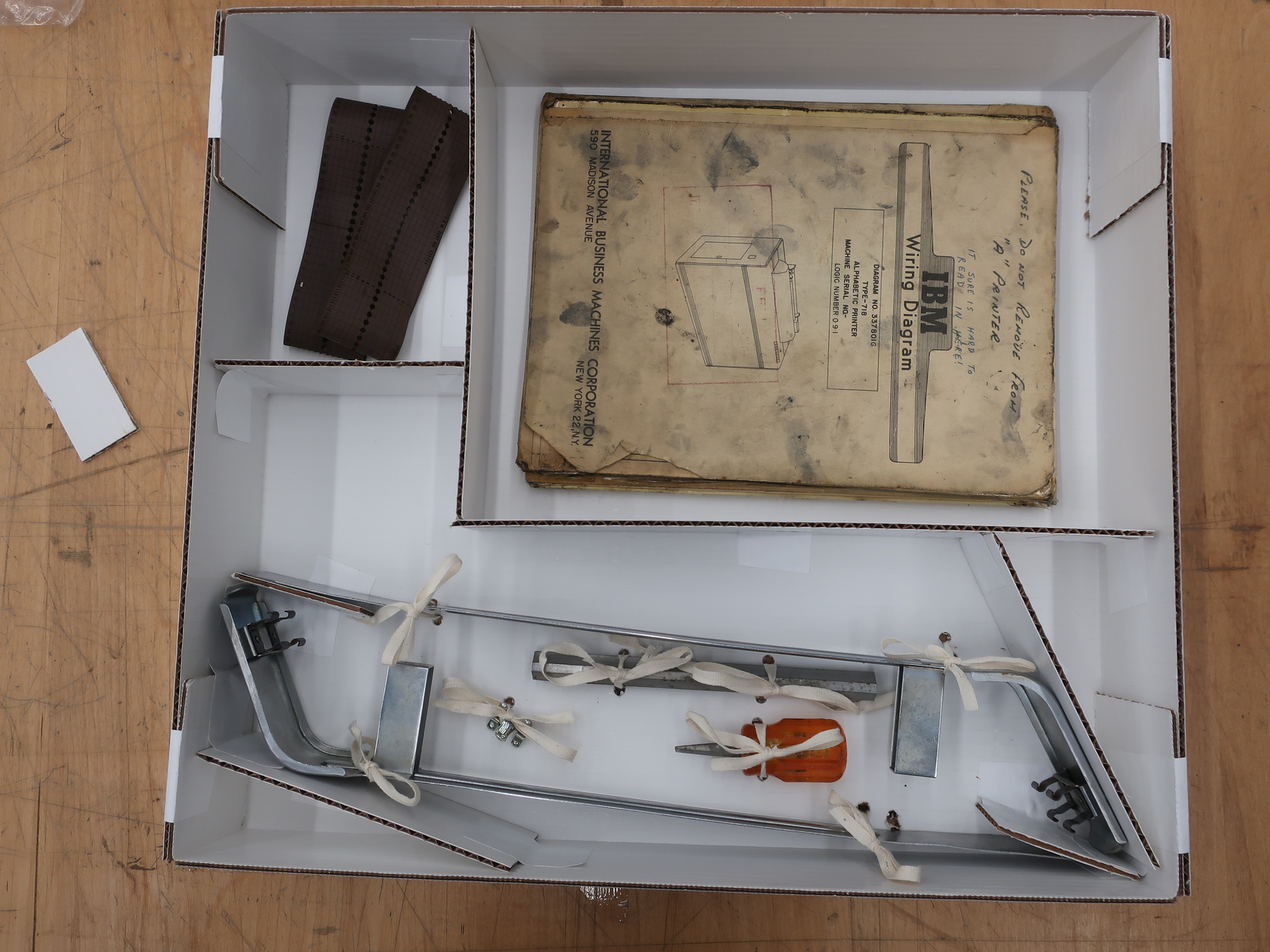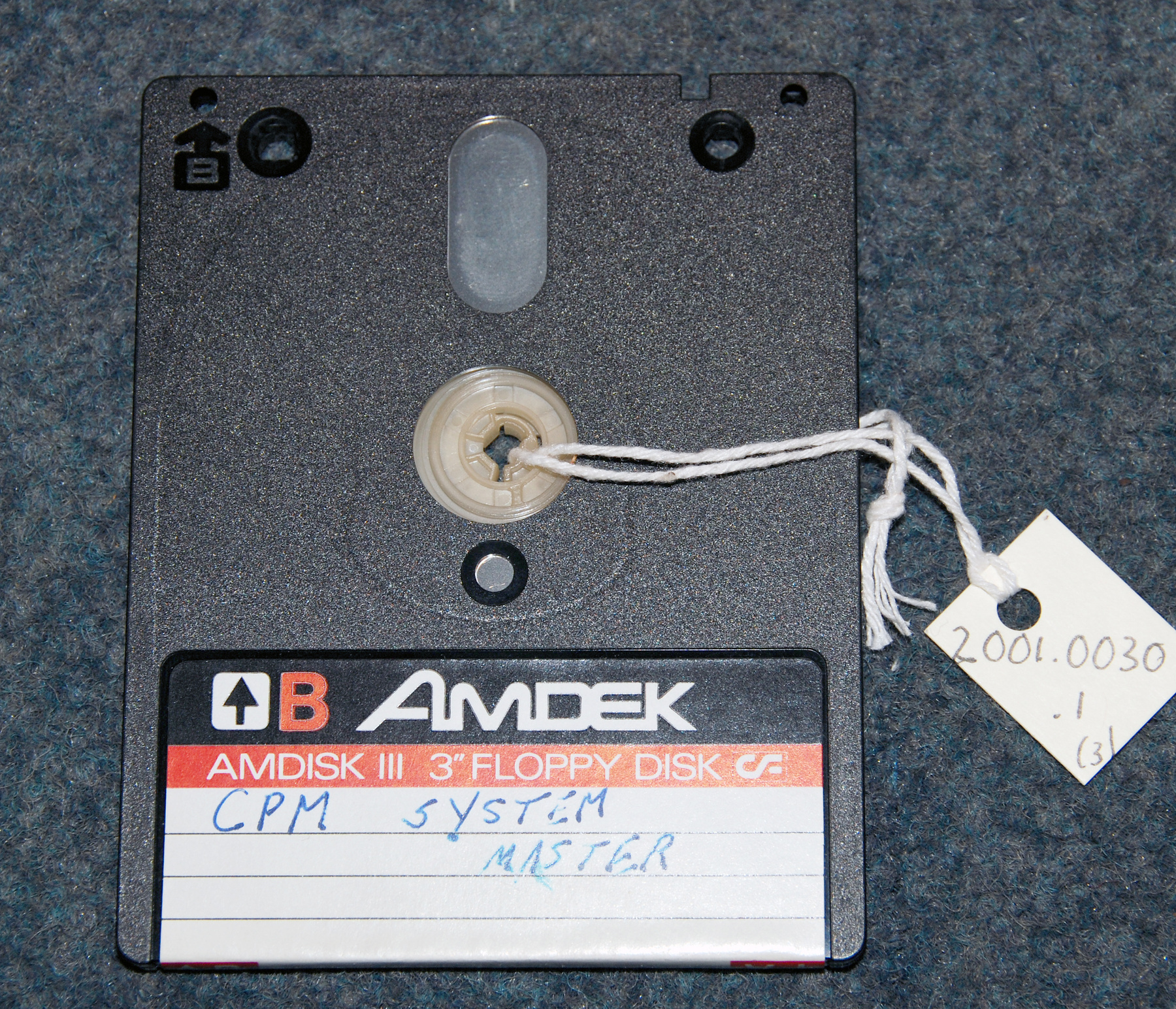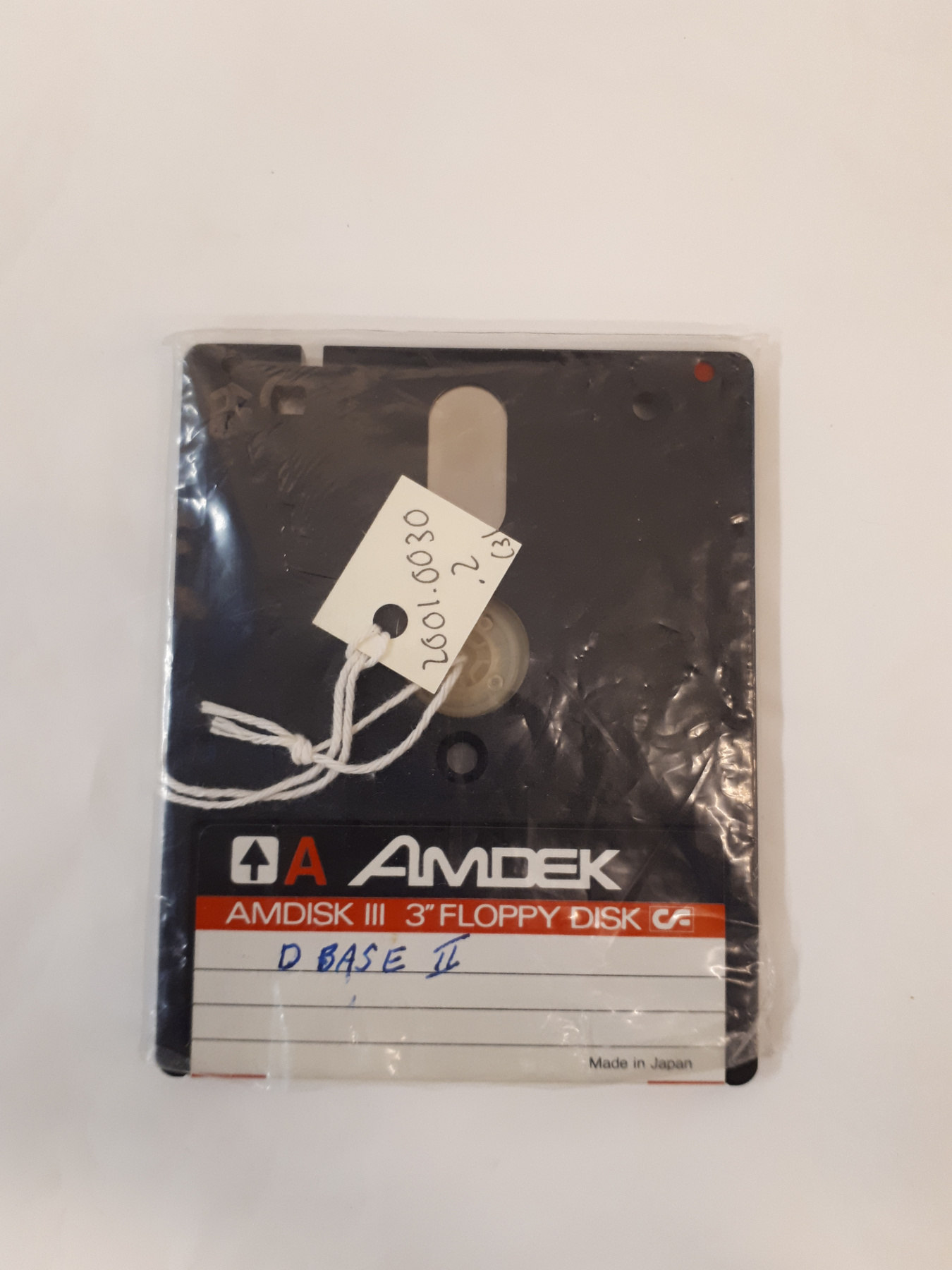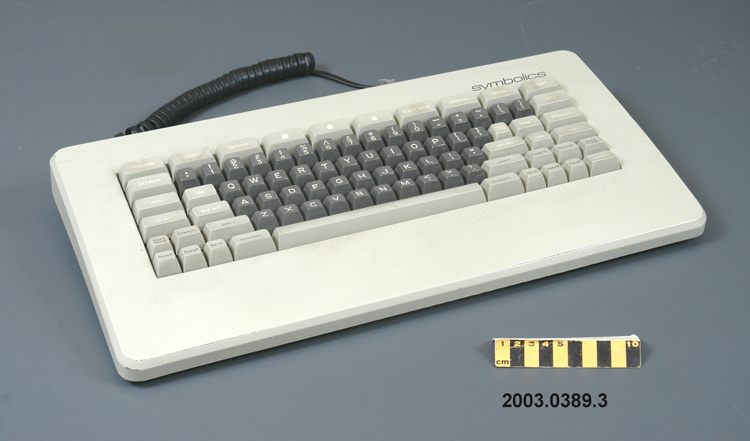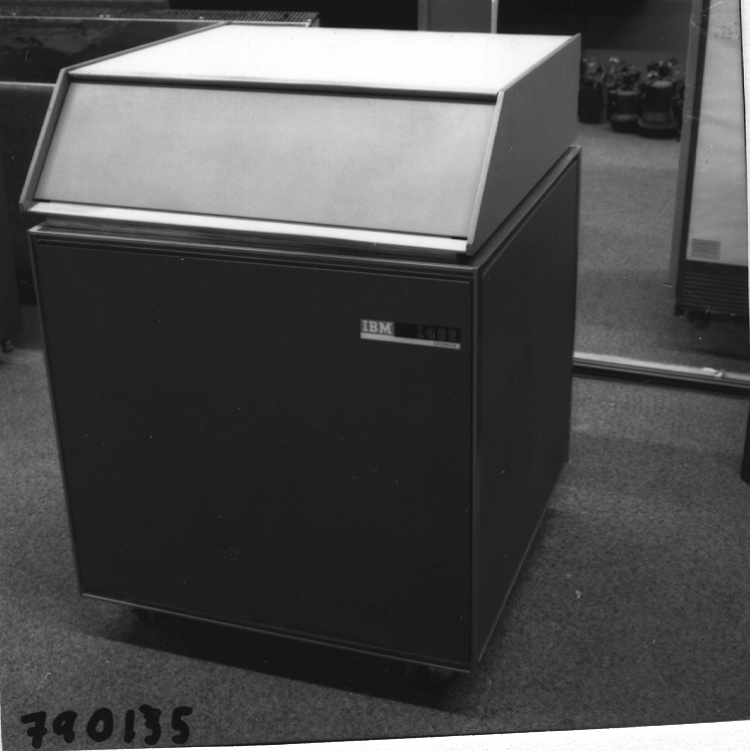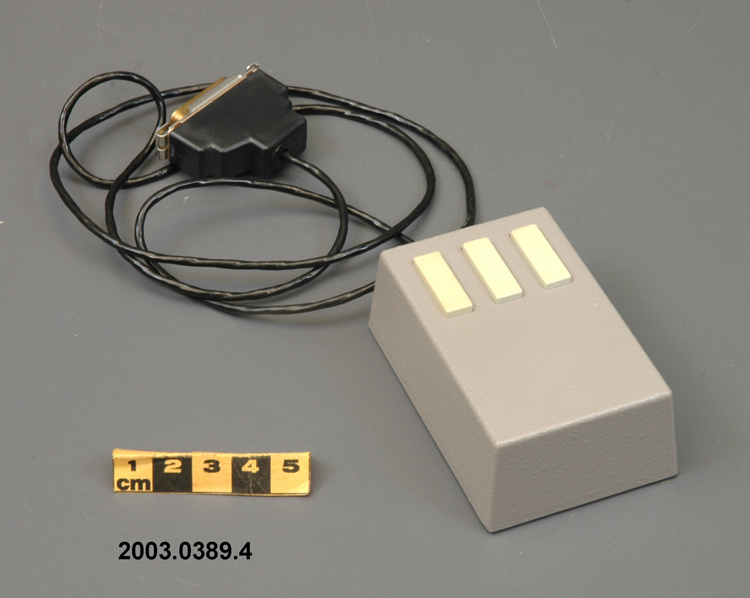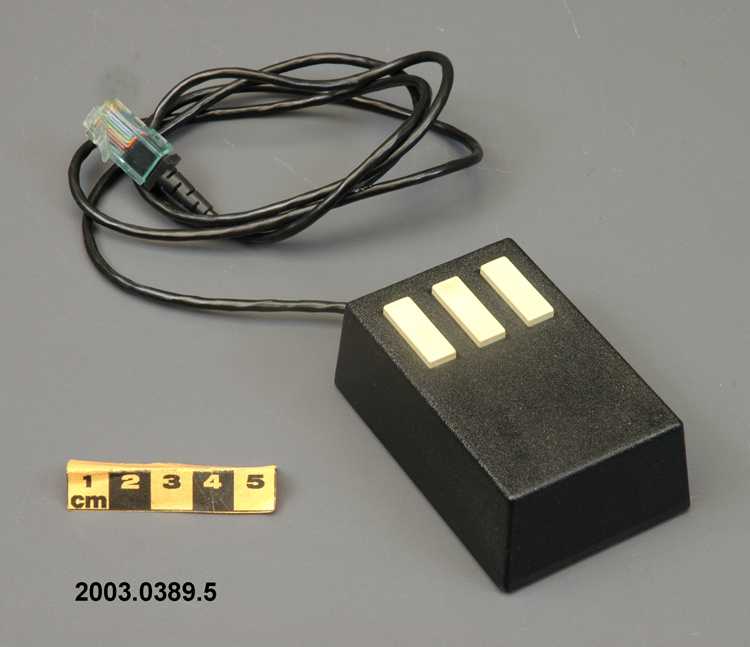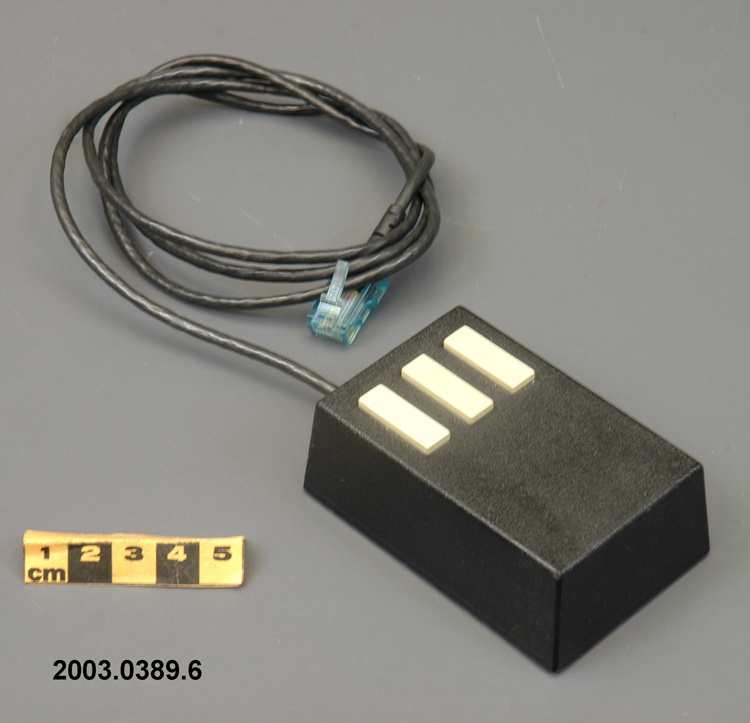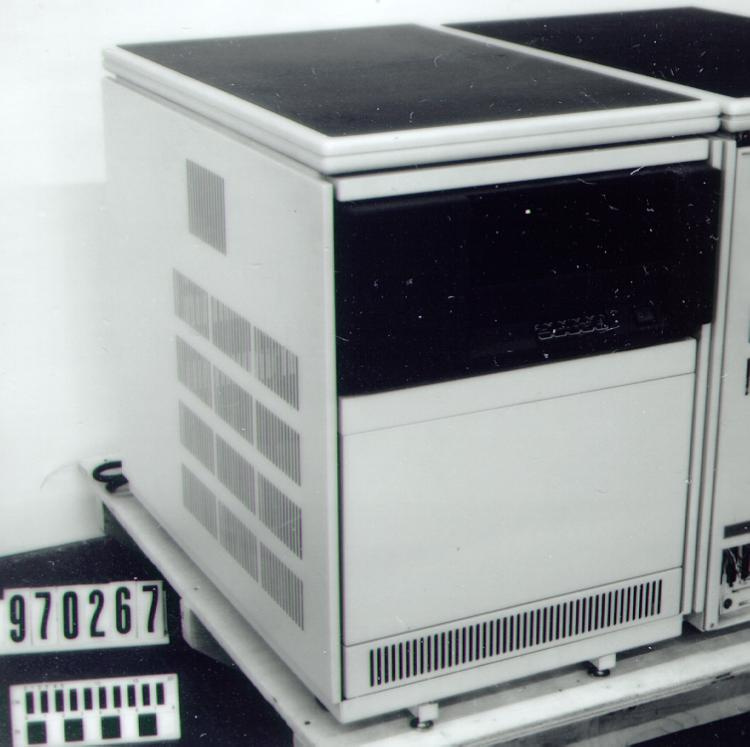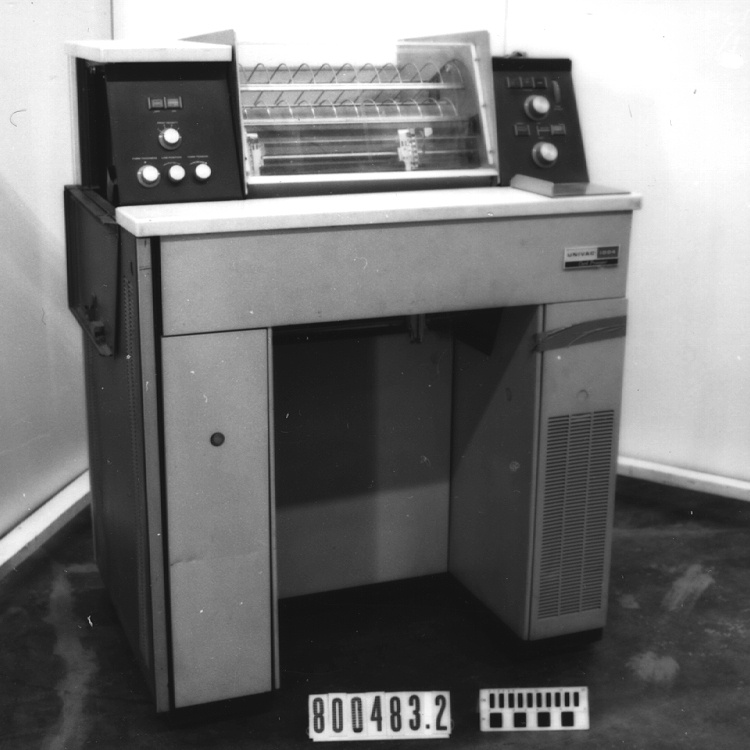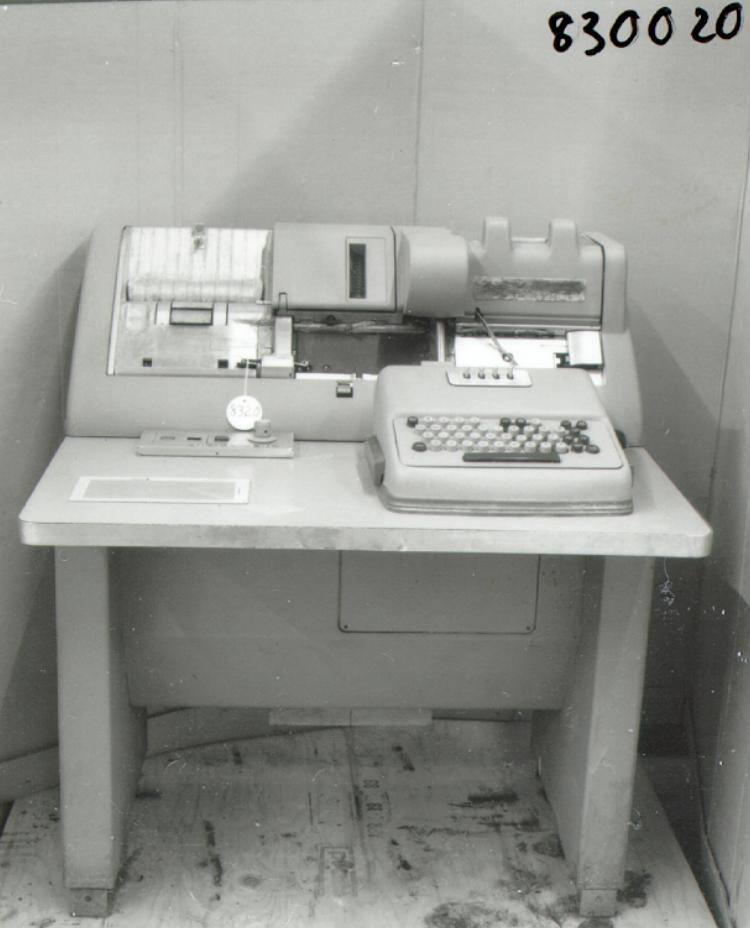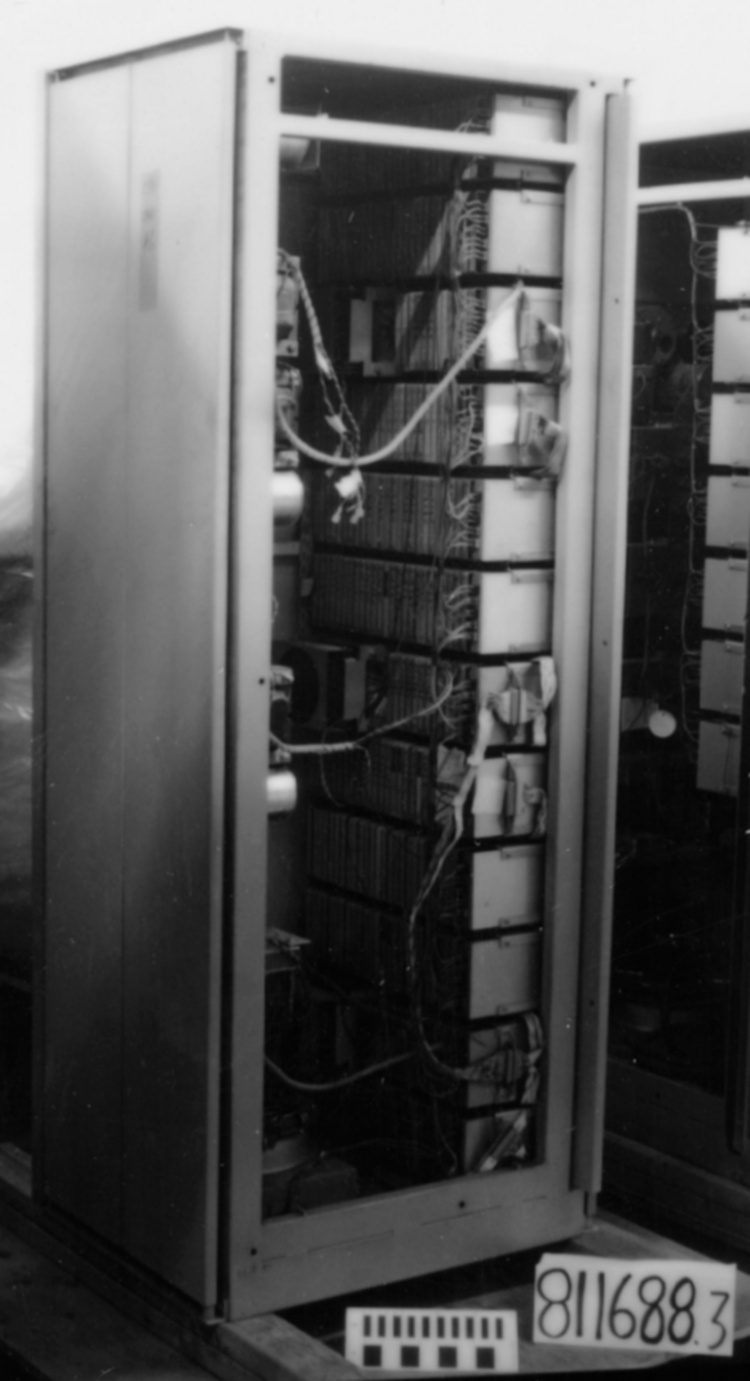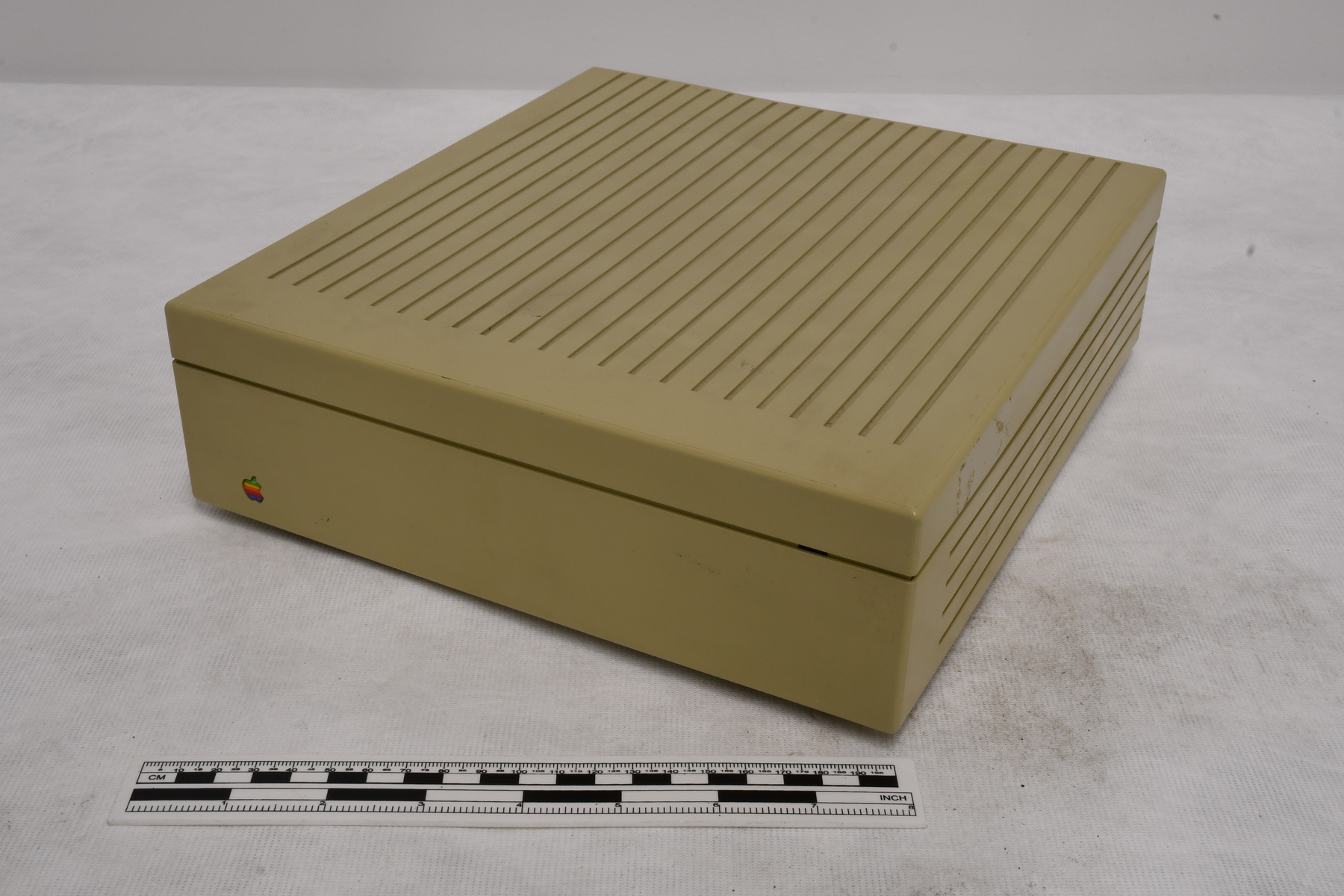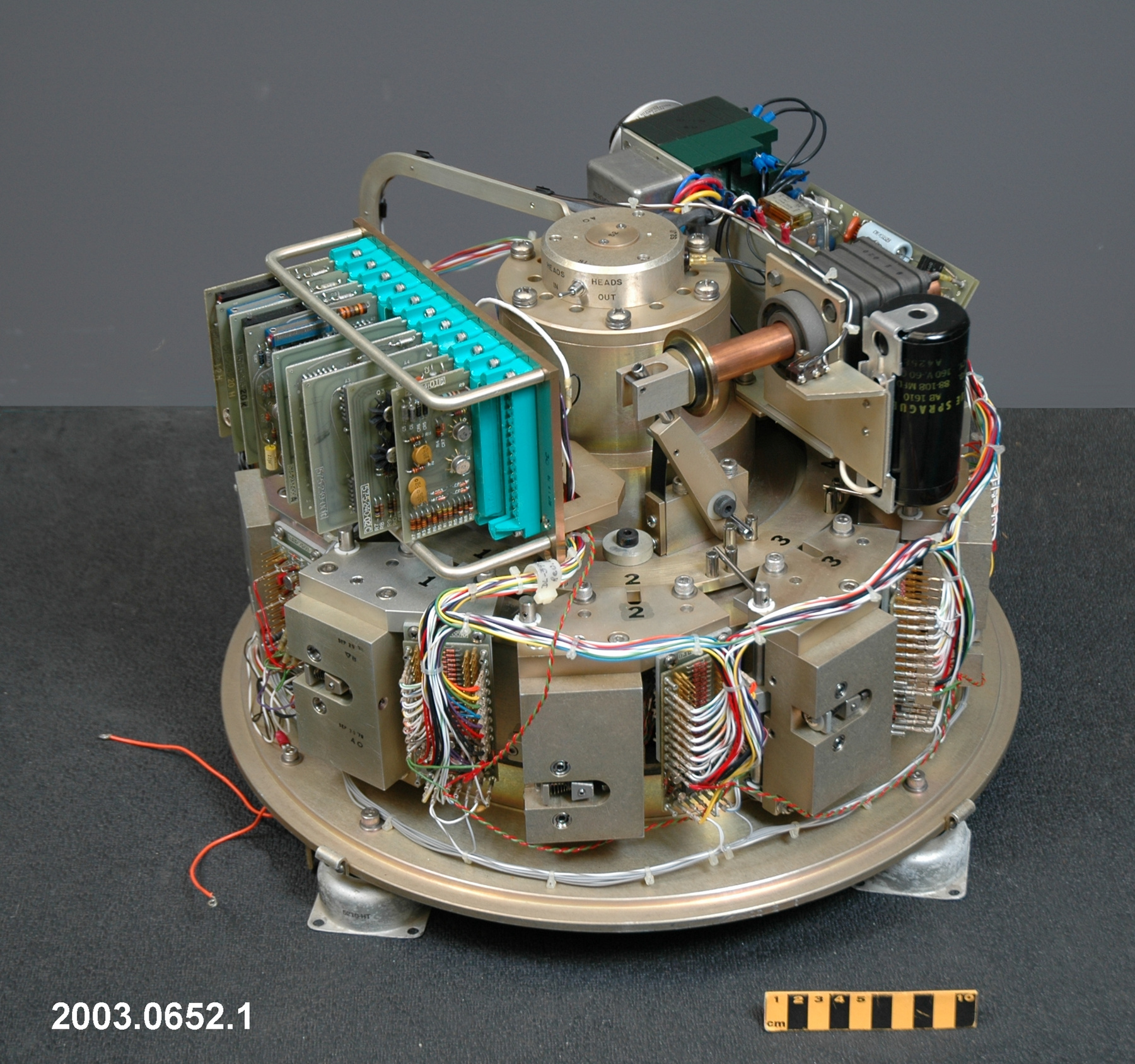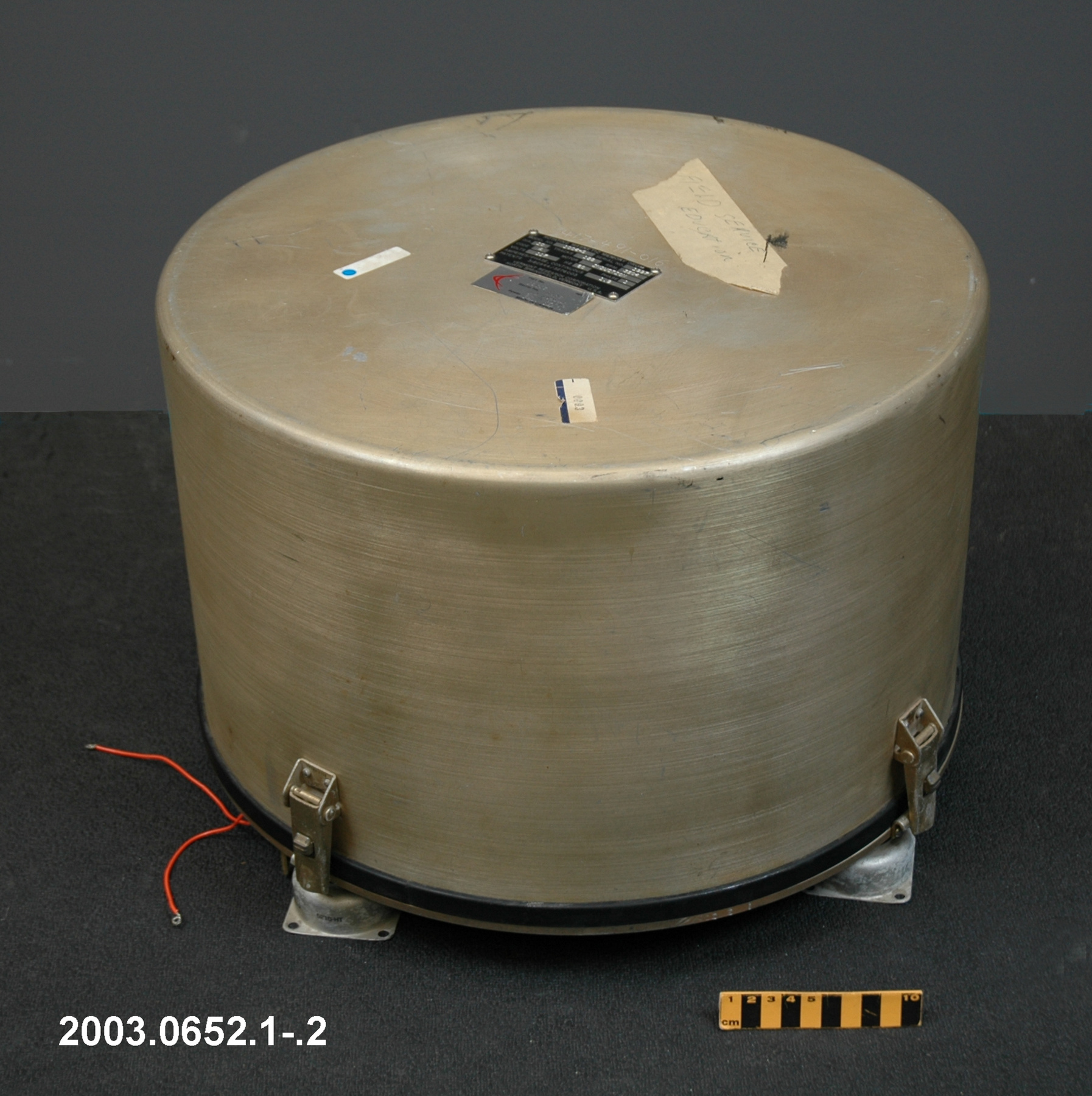Memory, drum
Use this image
Can I reuse this image without permission? Yes
Object images on the Ingenium Collection’s portal have the following Creative Commons license:
Copyright Ingenium / CC BY-NC-ND (Attribution-NonCommercial 4.0 International (CC BY-NC 4.0)
ATTRIBUTE THIS IMAGE
Ingenium,
2003.0652.001
Permalink:
Ingenium is releasing this image under the Creative Commons licensing framework, and encourages downloading and reuse for non-commercial purposes. Please acknowledge Ingenium and cite the artifact number.
DOWNLOAD IMAGEPURCHASE THIS IMAGE
This image is free for non-commercial use.
For commercial use, please consult our Reproduction Fees and contact us to purchase the image.
- OBJECT TYPE
- N/A
- DATE
- 1972
- ARTIFACT NUMBER
- 2003.0652.001
- MANUFACTURER
- Vermont Research Corp.
- MODEL
- 1004-S
- LOCATION
- North Springfield, Vermont, United States of America
More Information
General Information
- Serial #
- 1997
- Part Number
- 1
- Total Parts
- 3
- AKA
- N/A
- Patents
- N/A
- General Description
- metal chassis/ metal and synthetic working parts
Dimensions
Note: These reflect the general size for storage and are not necessarily representative of the object's true dimensions.
- Length
- N/A
- Width
- N/A
- Height
- 31.2 cm
- Thickness
- N/A
- Weight
- N/A
- Diameter
- 47.0 cm
- Volume
- N/A
Lexicon
- Group
- Computing Technology
- Category
- Digital peripheral devices
- Sub-Category
- N/A
Manufacturer
- AKA
- Vermont
- Country
- United States of America
- State/Province
- Vermont
- City
- North Springfield
Context
- Country
- Canada
- State/Province
- Unknown
- Period
- circa 1972+
- Canada
-
An American made drum memory unit apparently marketed by Canadian computer manufacturer Consolidated Computer Inc. (see Markings and Supp. Info.), possibly originally part of one of CCI's products. CCI was formed in 1967 to make and market the Key-Edit key-to-drum data entry computer [CSTM 1984.0769-1984.0771]. The original Key-Edit system utilized a Digital Equipment PDP-8 minicomputer to which drums (from Vermont Research Corp.) and other hardware were added. CCI was purchased by NABU Corp. in 1982 and ceased operation in 1984 (Ref. 2). The donor, Grant Bechthold (1938-2008) was an electronics technician who went on to get his PEng. From 1959-1984 he worked at the National Research Council of Canada. He was part of the Man and Machine Studies group in M-50, which won an Oscar. He worked with Ken Pulfer, Nestor Burtnyk and Dr. Marceli Wein on computer music, graphics & animation (made the first really good animation software). The software was used to make Hollywood movies. During his last 3 ½ - 4 years, he worked in Biology on their computer networks. He also worked with CBC musicians and with Spar on the Canadarm. Mr. Bechtold made the first mouse in Canada but it was cannibalized and so no longer exists. Dr. Ken Pulfer went to Xerox Park and saw such a device and GB made one with optical encoders. "In 1968 Ken Pulfer and Grant Bechthold at the National Research Council of Canada built a mouse out of wood patterned after Engelbart's and used it with a key-frame animation system to draw all the frames of a movie. " (Ref. 1) - Function
-
The data storage device or memory of a computer, in which instructions and data are stored magnetically. - Technical
-
A magnetic drum is a metal cylinder with a ferromagnetic coating which allowed its surfaces to be magnetized. Electronic pulses representing data are stored magnetically. A row of read-write heads along the long axis of the drum access the data as the drum rotates. Invented in the late 1940's and coming into use in the 1950's, magnetic drums were the first direct-access or random-access computer memory devices and were widely used in computers in the 1950's until largely replaced by ferrite core memories in the1960's. They were in use until the late 1970's (Refs. 3-4). According to the donor, this drum has a capacity of ½ MB (500 KB) memory with 2 microsecond access. The drum is 12" long x 16" in diameter with 128 heads (64 read, 64 write) operating on 64 sectors. It took 1-2 minutes to reach its operating speed. According to the manufacturer's and distributer's plates, it has 125 tracks and 64 sectors, the dia. is 10 and it operates at 3504 RPM. - Area Notes
-
Unknown
Details
- Markings
- none visible on .1; plates and labels are on .2/ from .2: plate on top reads 'ROTATING MAGNETIC MEMORY DRUM/ MODEL NO. 1004-S SERIAL NO. 1997/ DIA. 10 TRACKS 125 RPM. 3504/ CODE A MOTOR INDUCTION/ VOLTS 117 HZ 60 PHASE 1/ AMPHERES/PHASE CONTINUOUS 1.9/ PATENTS 3180944/ 3276003/ VERMONT RESEARCH CORPORATION/ NORTH SPRINGFIELD, VERMONT U.S.A.'/ label on top reads 'CC [Consolidated Computer Inc. logo]/ Part No. 91887/ Serial No. 1997/ Power/ 64 Sector/ Temp Sense/ Jan. 32/72/ Made in Canada'/ label on top reads '003'/ handwriting on piece of masking tape on top reads 'FIELD SERVICE/ EDUCATION'/ label on side reads 'ASSET/ No. 0109'/ lettering scratched into side reads '417-491-016/ OTTAWA'
- Missing
- unknown
- Finish
- brushed metal/ multicoloured working parts
- Decoration
- N/A
CITE THIS OBJECT
If you choose to share our information about this collection object, please cite:
Vermont Research Corp., Memory, drum, before 1972, Artifact no. 2003.0652, Ingenium – Canada’s Museums of Science and Innovation, http://collection.ingeniumcanada.org/en/id/2003.0652.001/
FEEDBACK
Submit a question or comment about this artifact.
More Like This

